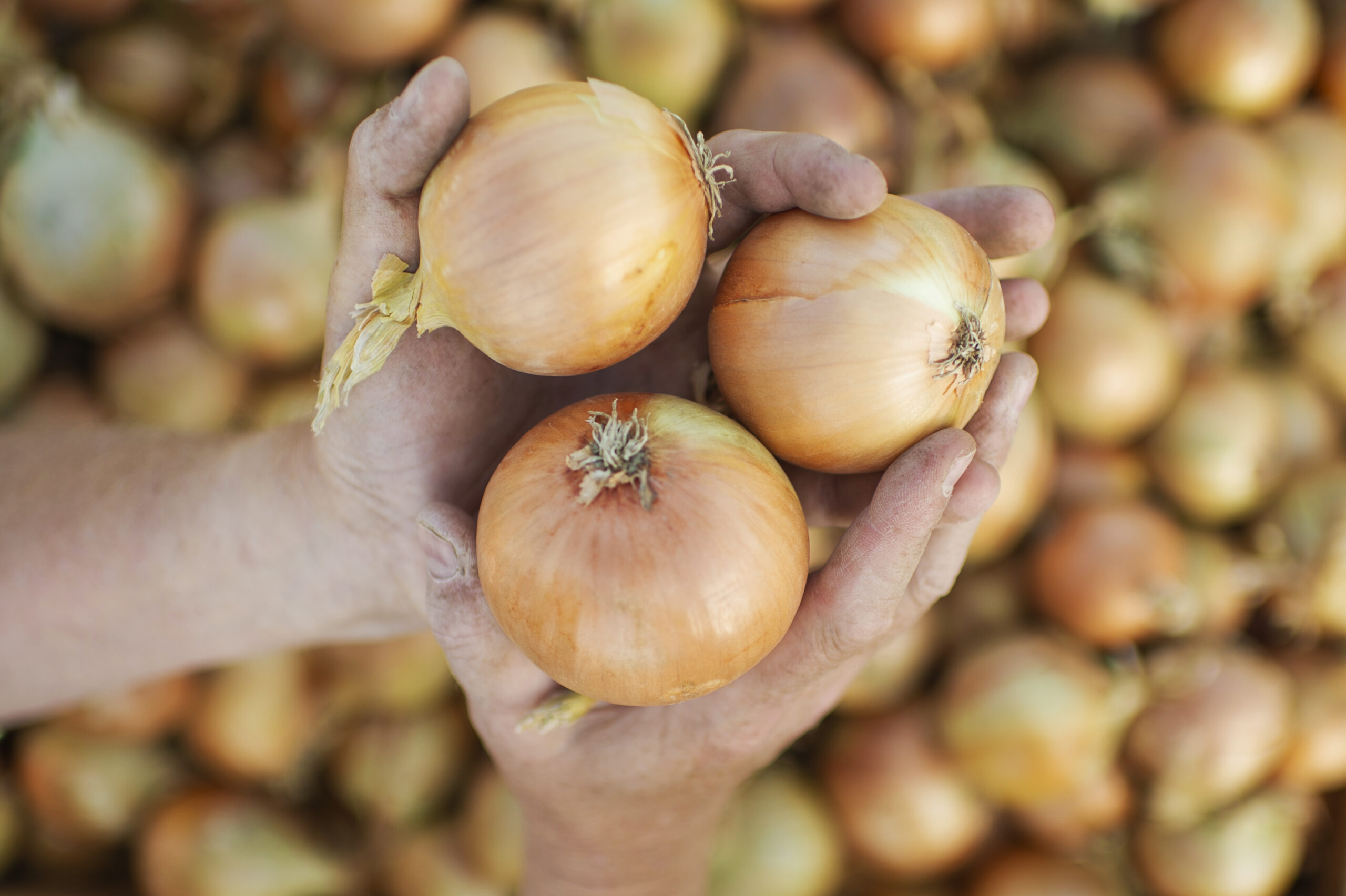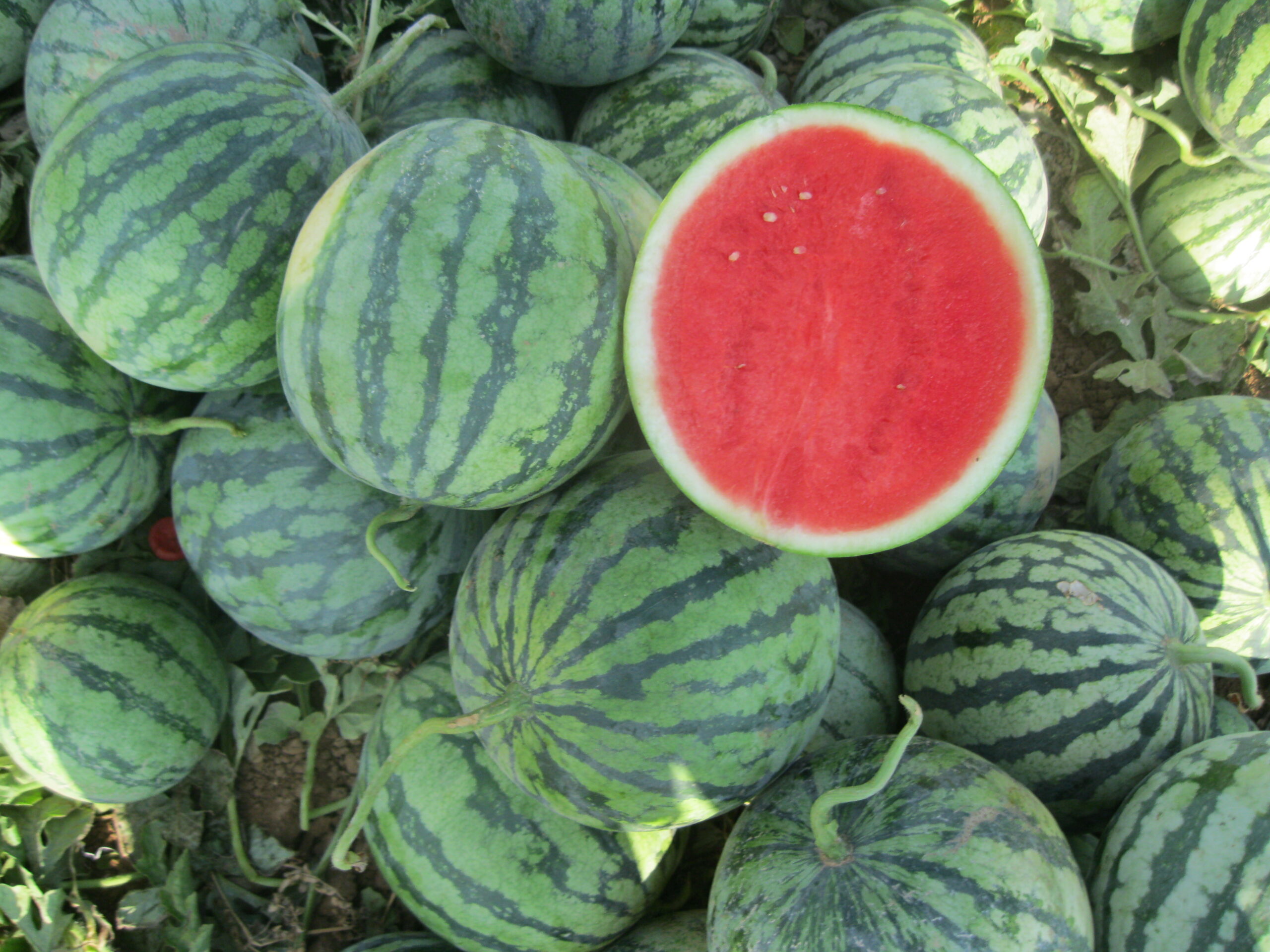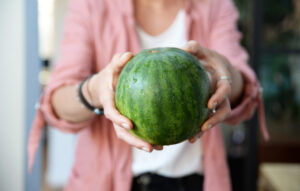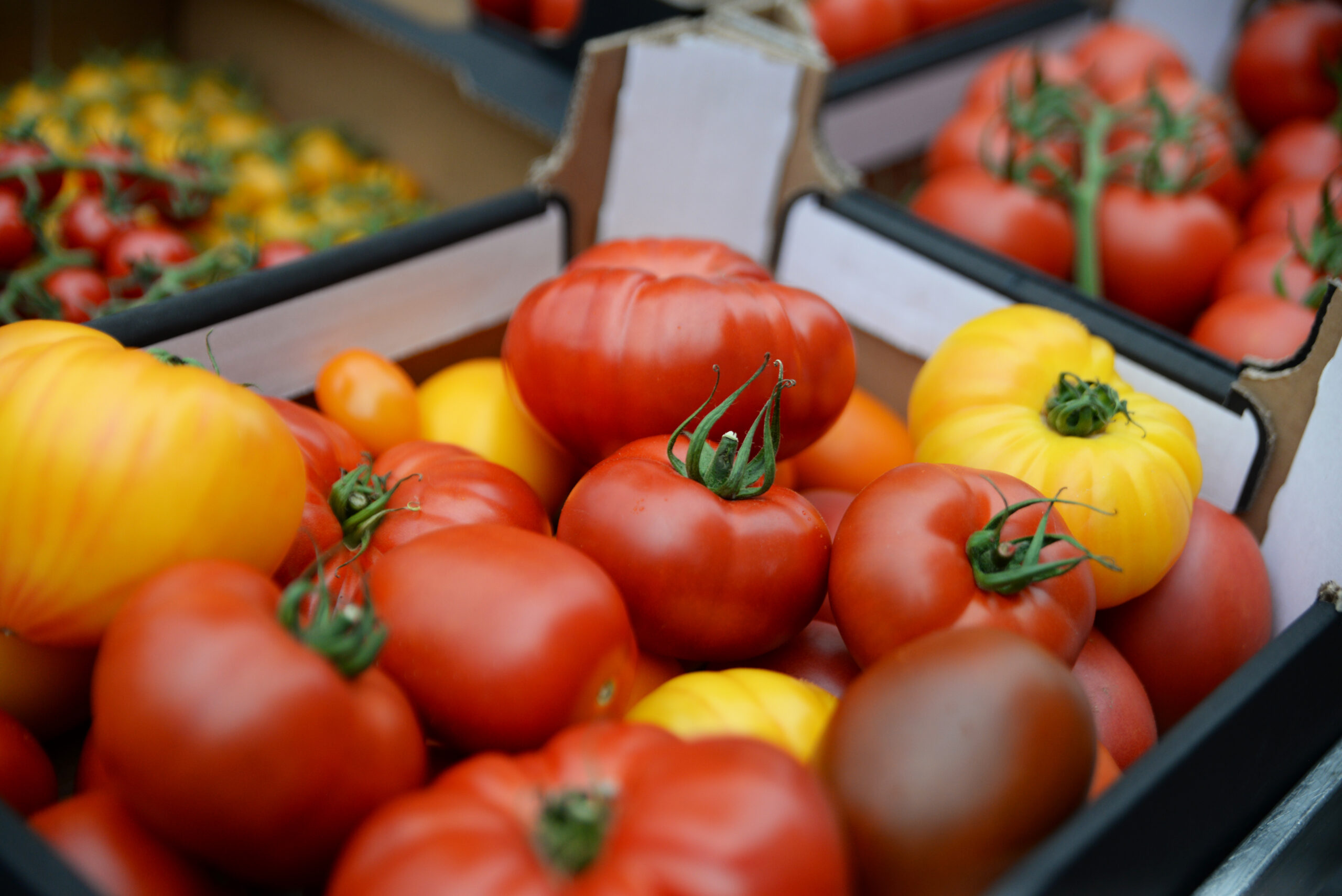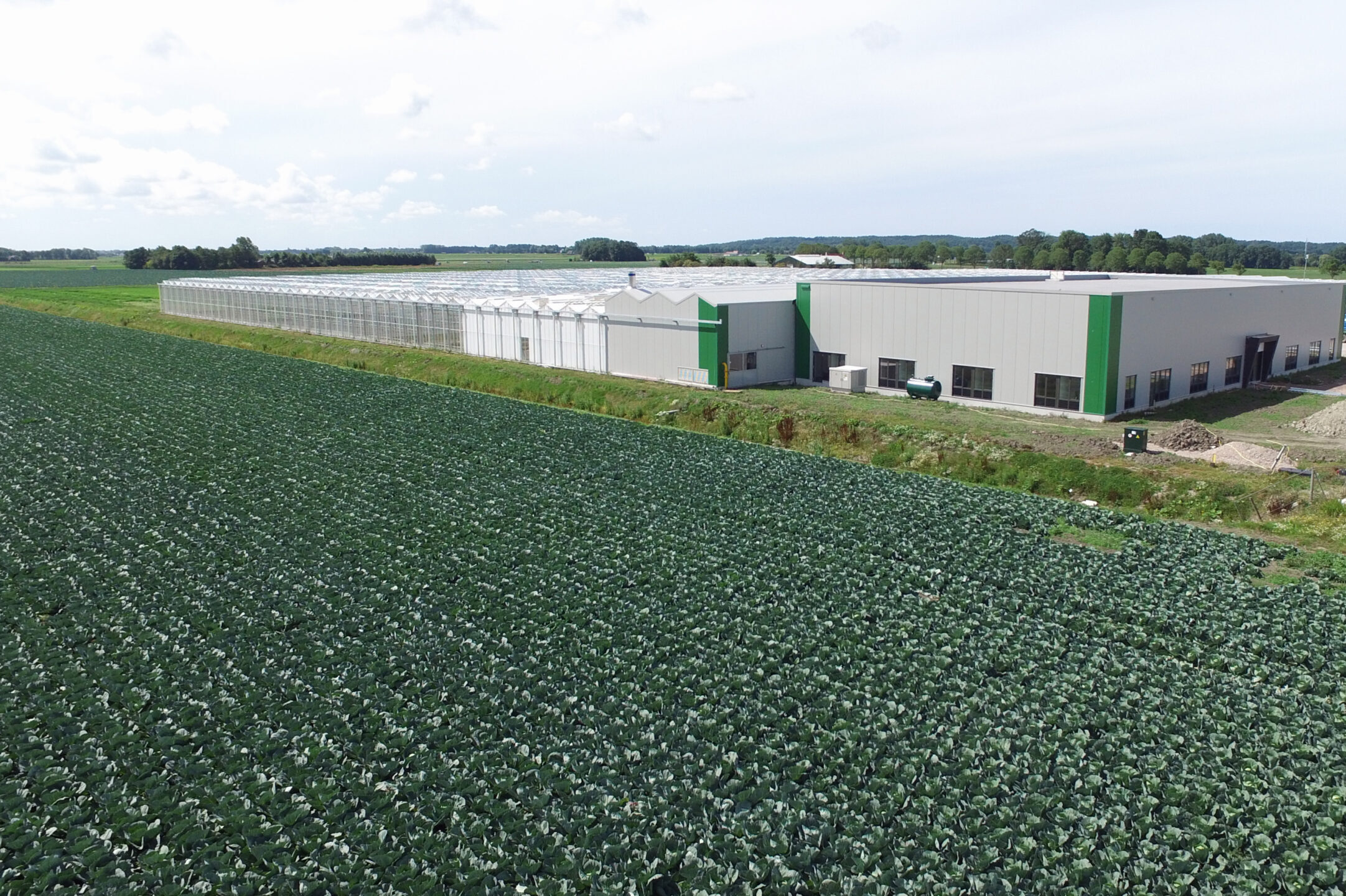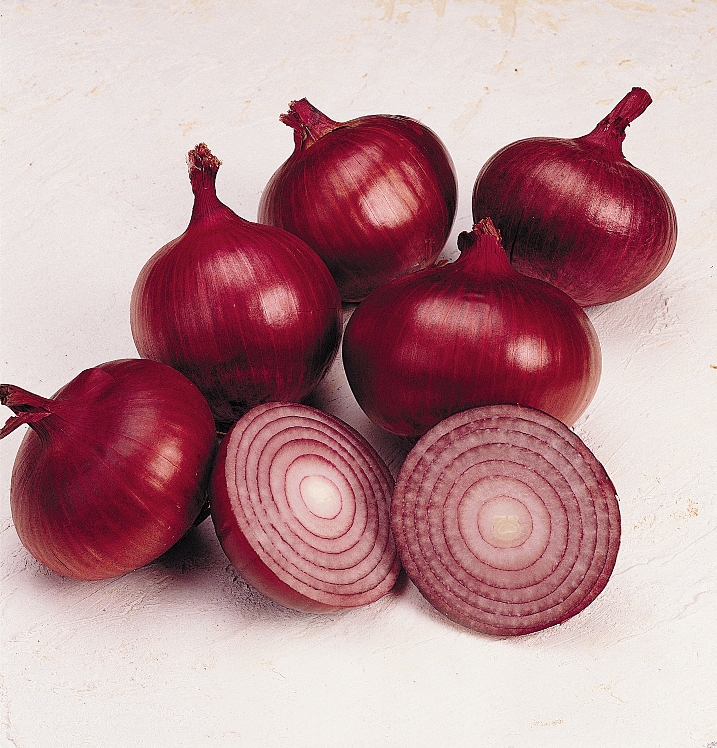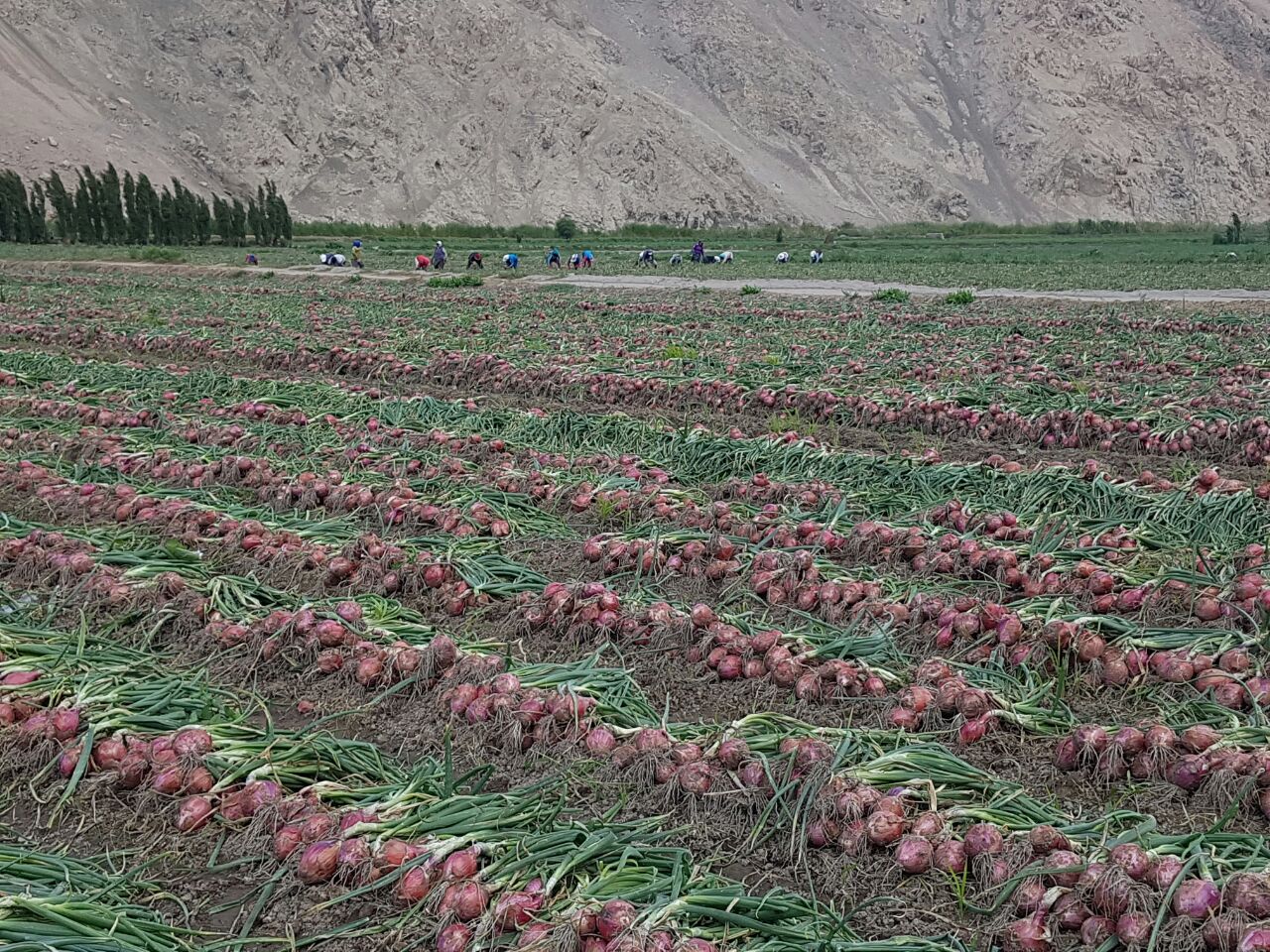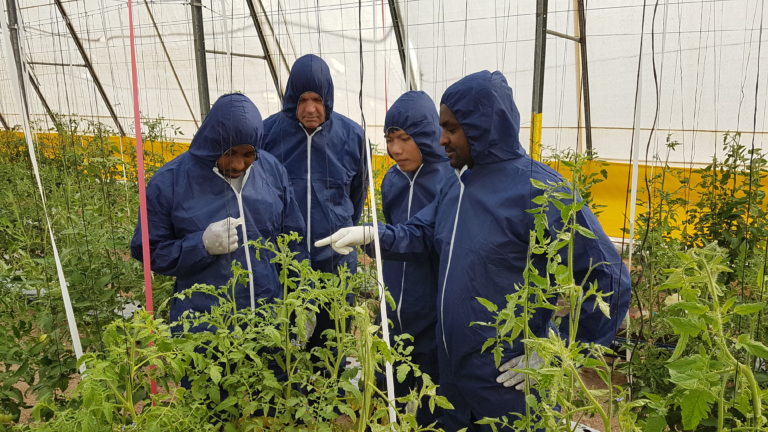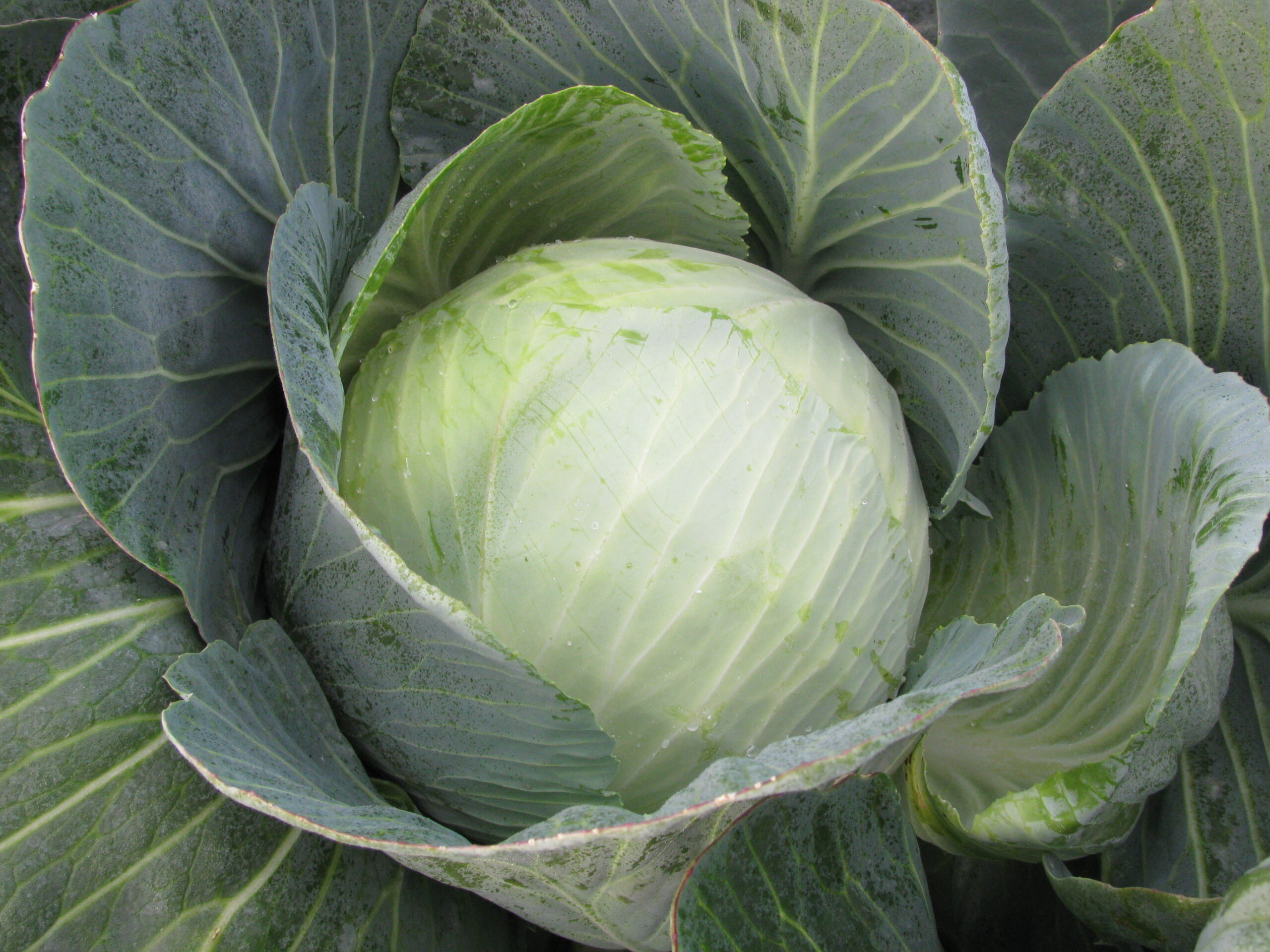Hazera Seeds Ltd. and BeeHero Announce Collaboration to Evaluate Innovative Technology for Monitoring Pollinators in Seed Production Fields Around the Globe
The collaboration between Hazera and BeeHero will focus on BeeHero’s Pollination Insights Platform (PIP), whose aim is to provide farmers with precise information about pollination activity in seed fields
Tel Aviv, ISRAEL, January 15, 2025 – Hazera, a global vegetable seeds company and part of Limagrain Group’s vegetable seeds division, and BeeHero, the pioneer of data-driven precision pollination, announced a collaboration to evaluate BeeHero’s Pollination Insight Platform (PIP) for monitoring pollinators in seed production fields around the globe. This collaboration is the result of several years of joint efforts, including the use and evaluation of PIP in various seed fields.
According to Avi Gabai, Production Research Manager at Hazera, “As a leading company in the vegetable seed industry and part of the global Limagrain Group, we are excited to collaborate with a company specializing in precision pollination. Our ongoing collaboration with BeeHero since 2019 demonstrates that BeeHero’s technology can address one of the most critical challenges in modern agriculture – pollination. Our collaboration has shown that BeeHero’s technology can improve pollination efficiency, hive quality, and address the issue of bee colony loss.”
Efficient pollination is essential for seed production and agriculture in general, affecting yield and crop quality. Approximately 75% of major food crops depend on pollinators, with the honeybee being one of the most important pollinators in nature. The modern pollination industry, based on the transportation of beehives to fields during the pollination season, faces challenges such as declining bee populations and hive strength. Therefore, improving pollination efficiency is crucial to ensuring crop yield and quality. This is equally true for crops used in seed production, which have high economic value and strategic importance for human survival.
The Pollination Insights Platform (PIP) developed by BeeHero aims to ensure the pollination process and to provide real-time actionable information to farmers. This system includes IoT sensors installed in fields that collect various data on pollinator activity, the extent of flower visits where pollination occurs, and changing environmental conditions. This information is translated into actionable insights using artificial intelligence to improve pollination efficiency. Until now, this data was collected manually, partially, and inefficiently, so this solution can help farmers increase their overall productivity. The PIP system complements BeeHero’s in-hive sensors, enhancing their functionality.
The current collaboration between the two companies includes monitoring seed production fields in Israel and France, with plans to expand to additional regions in future seasons. The sensors installed in these fields measure bee activity, pollination distribution, bee behavior throughout the day, and other insights transmitted in real time to farmers, enabling them to maximize pollination capabilities in their fields – and consequently, the yield and quality of the seeds.
According to Omer Davidi, CEO and Co-Founder of BeeHero, “We are excited about our collaboration with Hazera, which combines extensive knowledge in seed production with advanced sensor technology and AI-based analytics to drive significant improvements in crop yield and quality while promoting sustainable agricultural practices. PIP allows for efficient pollination management for the first time, demonstrating how data and technology can advance an industry that has so far operated without measurement and transparency. We’re looking forward to continue working together with Hazera to optimize pollination for seed production and ensure the food supply for generations to come.”
Avi Gabai adds, “The heart of the collaboration lies in combining BeeHero’s technology with Hazera’s agricultural expertise. We support sustainable farming methods by improving bee health and ensuring more efficient resource use. Feedback we received from growers shows that data analysis from BeeHero’s system provided practical insights for beekeepers and farmers, and assisted them to optimize production methods and could potentially increase overall yield. By using BeeHero’s technology, we aim to increase seed yield and reduce yield volatility through remote monitoring of pollination activity.”
According to Gabai, “As part of the Limagrain Group, we promote innovative agricultural methods worldwide and implement them within the group. The collaboration with BeeHero represents a significant step forward in improving bee health, pollination efficiency, and advancing agricultural innovation.”



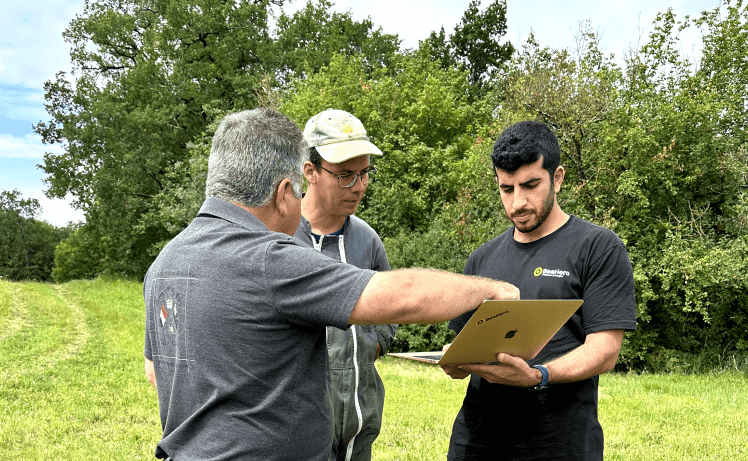
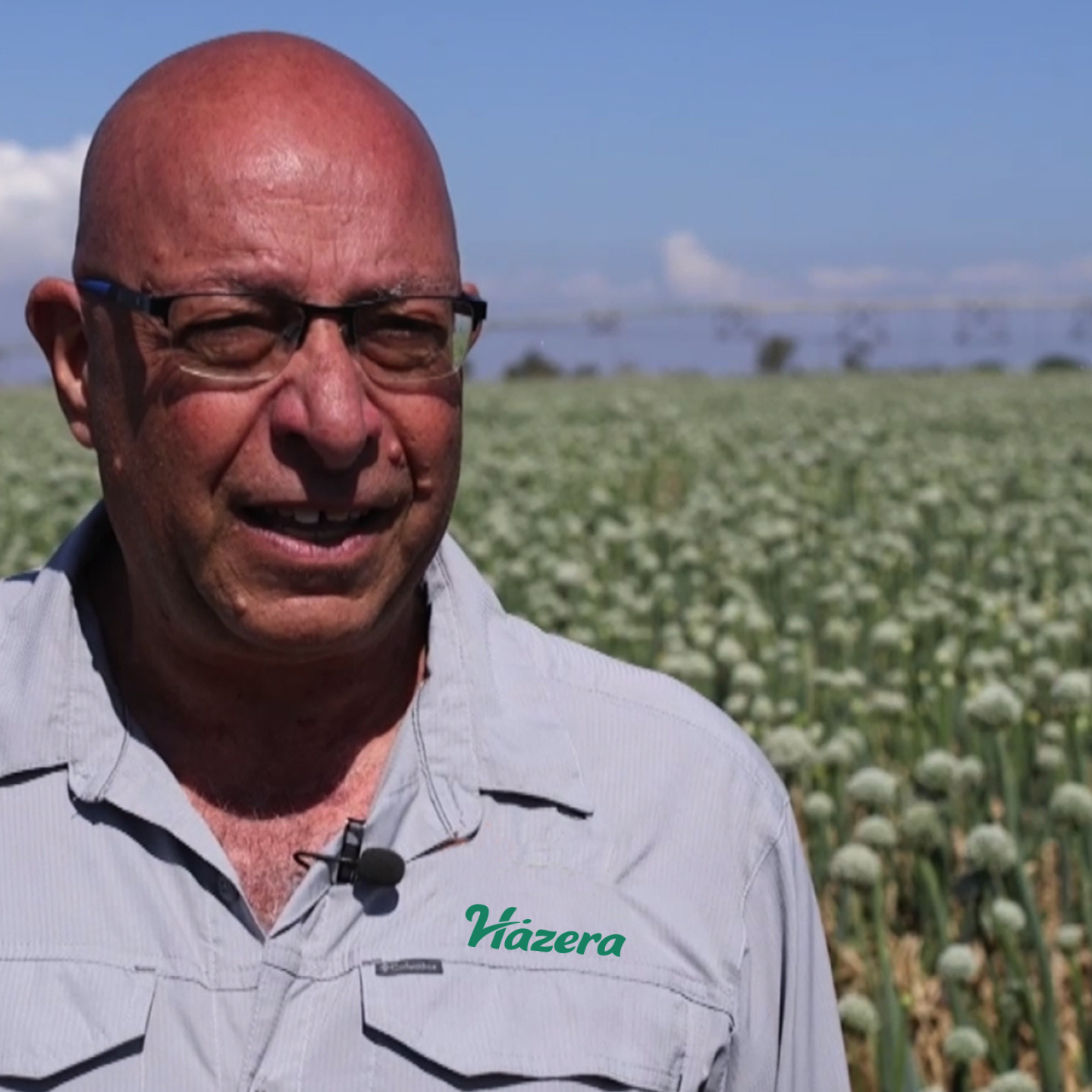
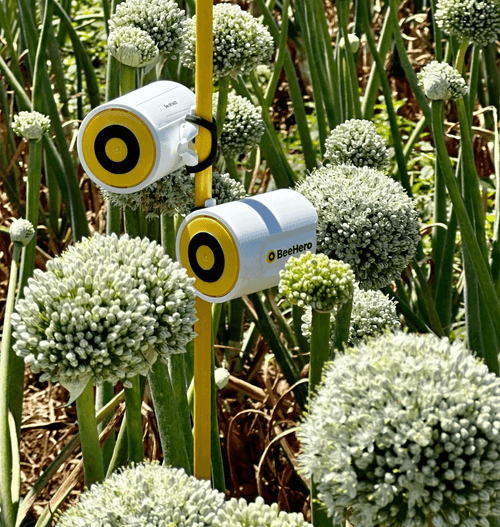
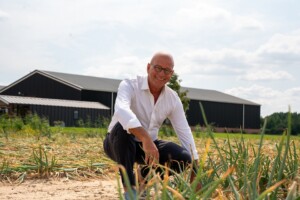
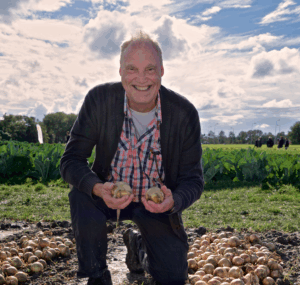
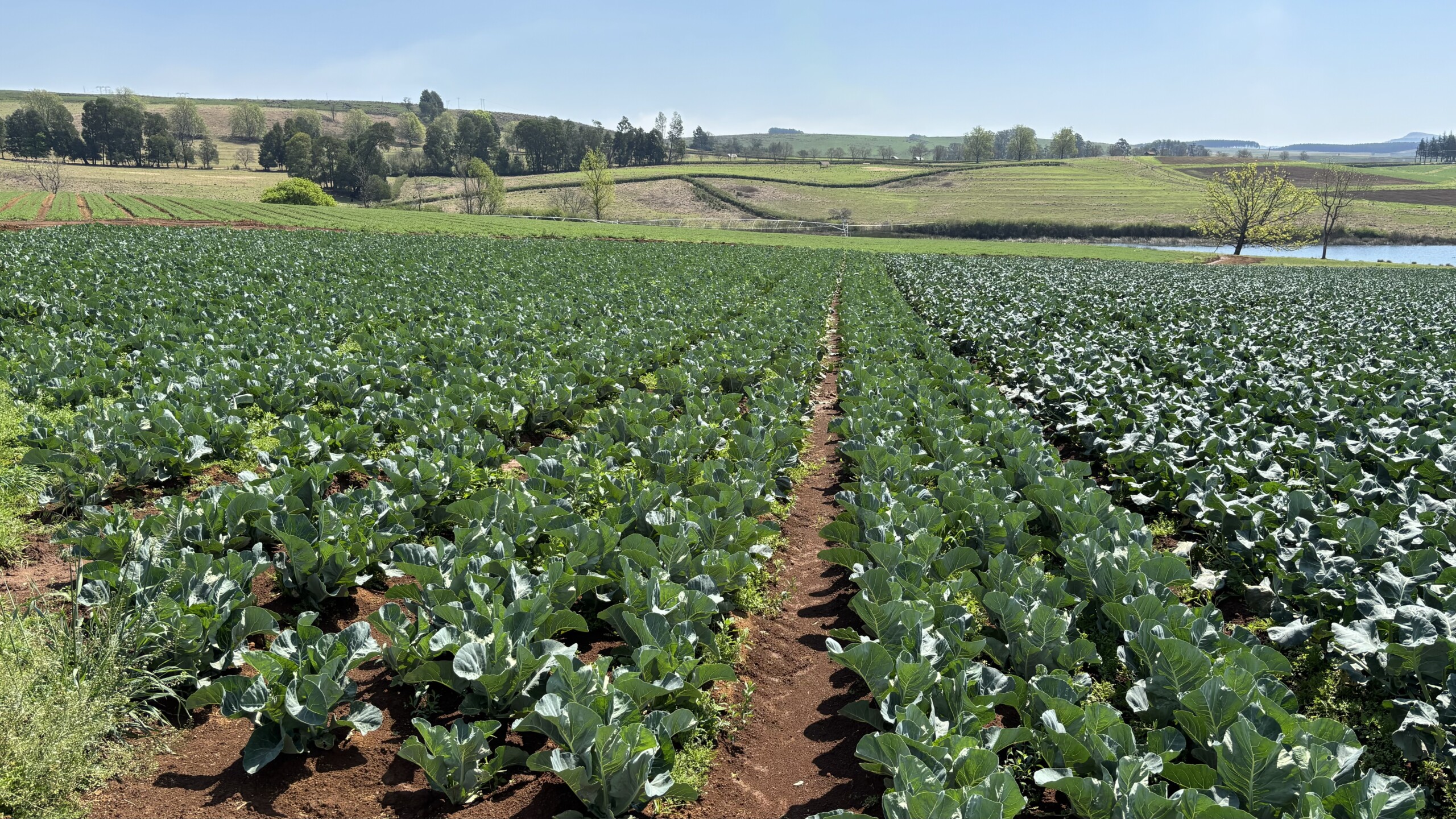
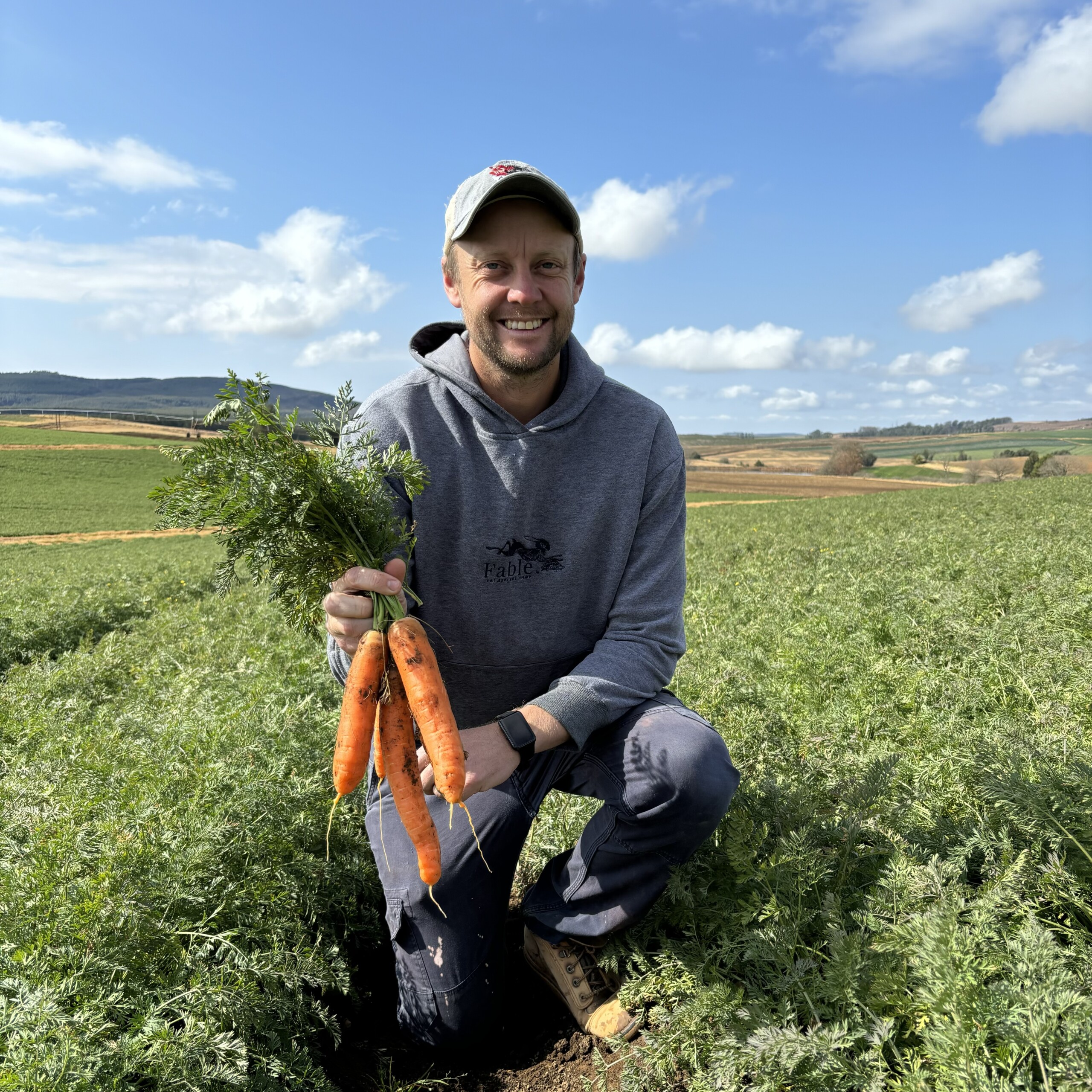
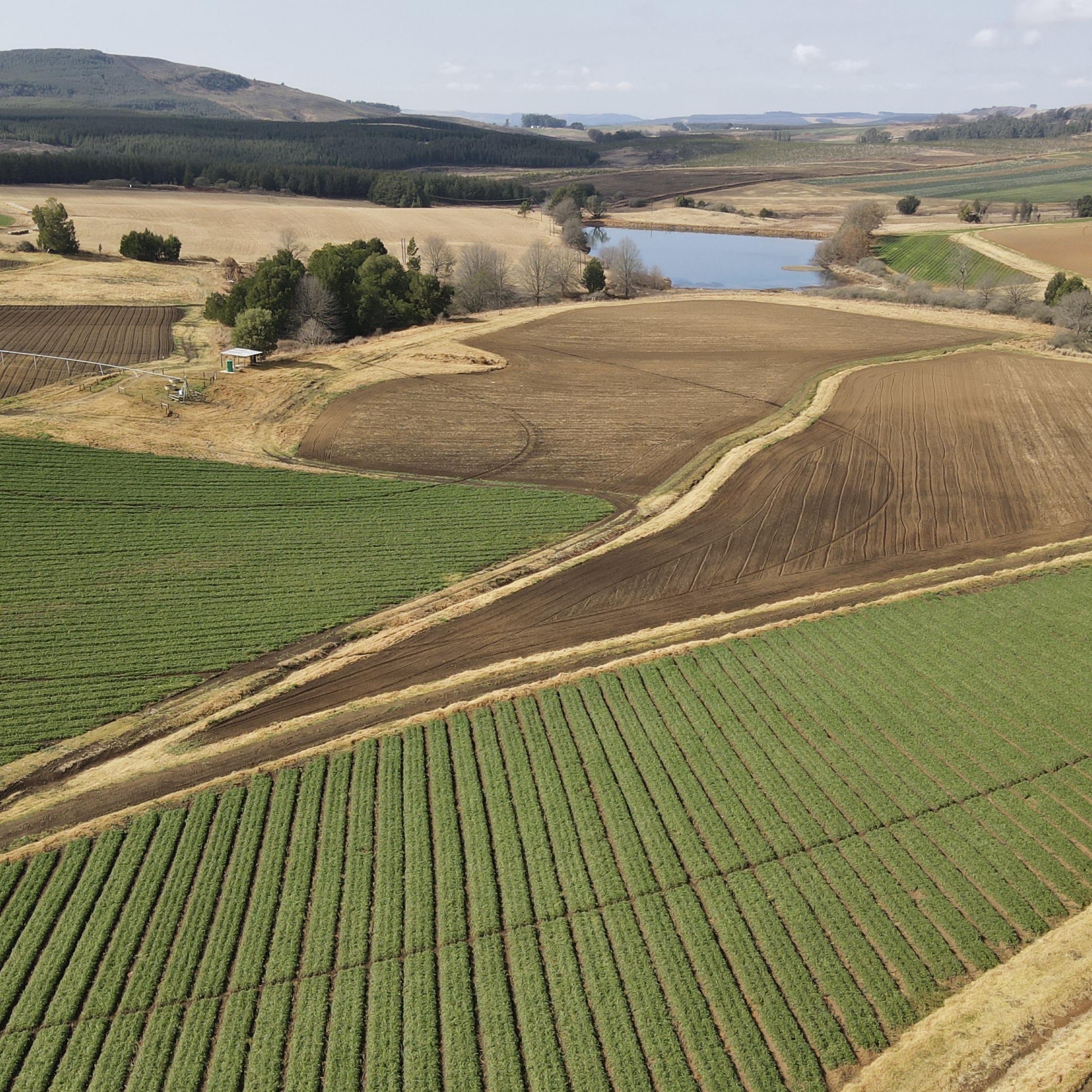

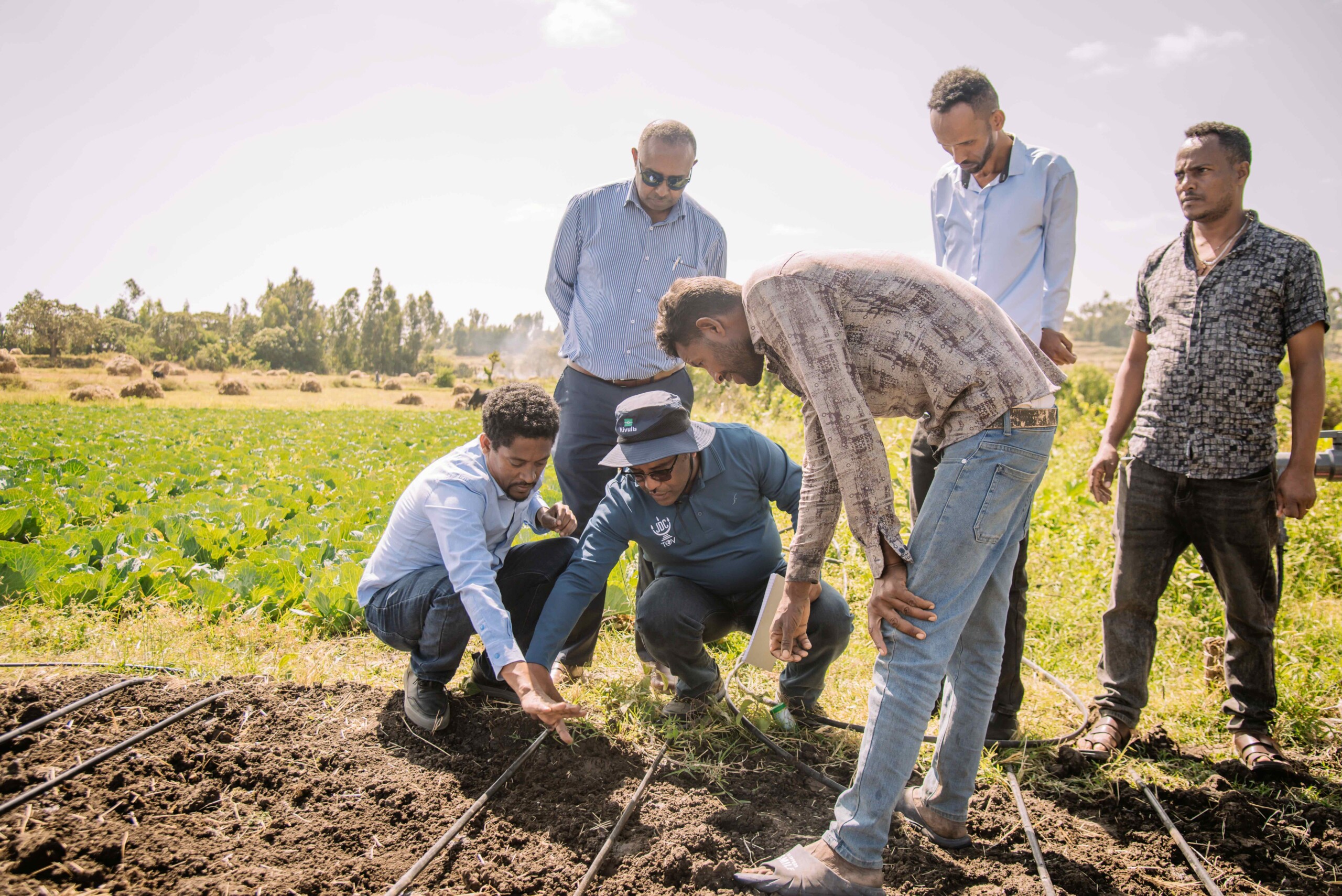
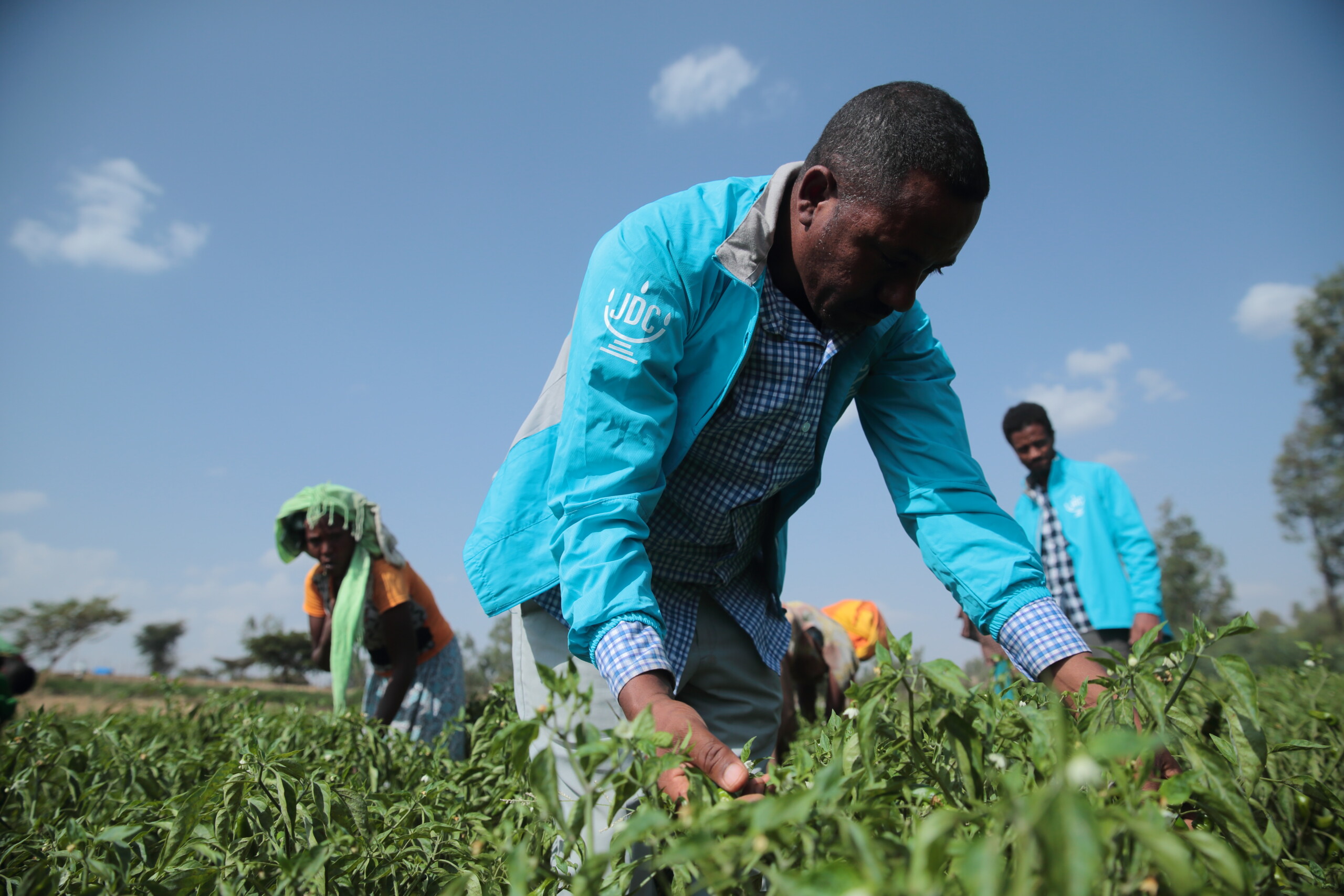
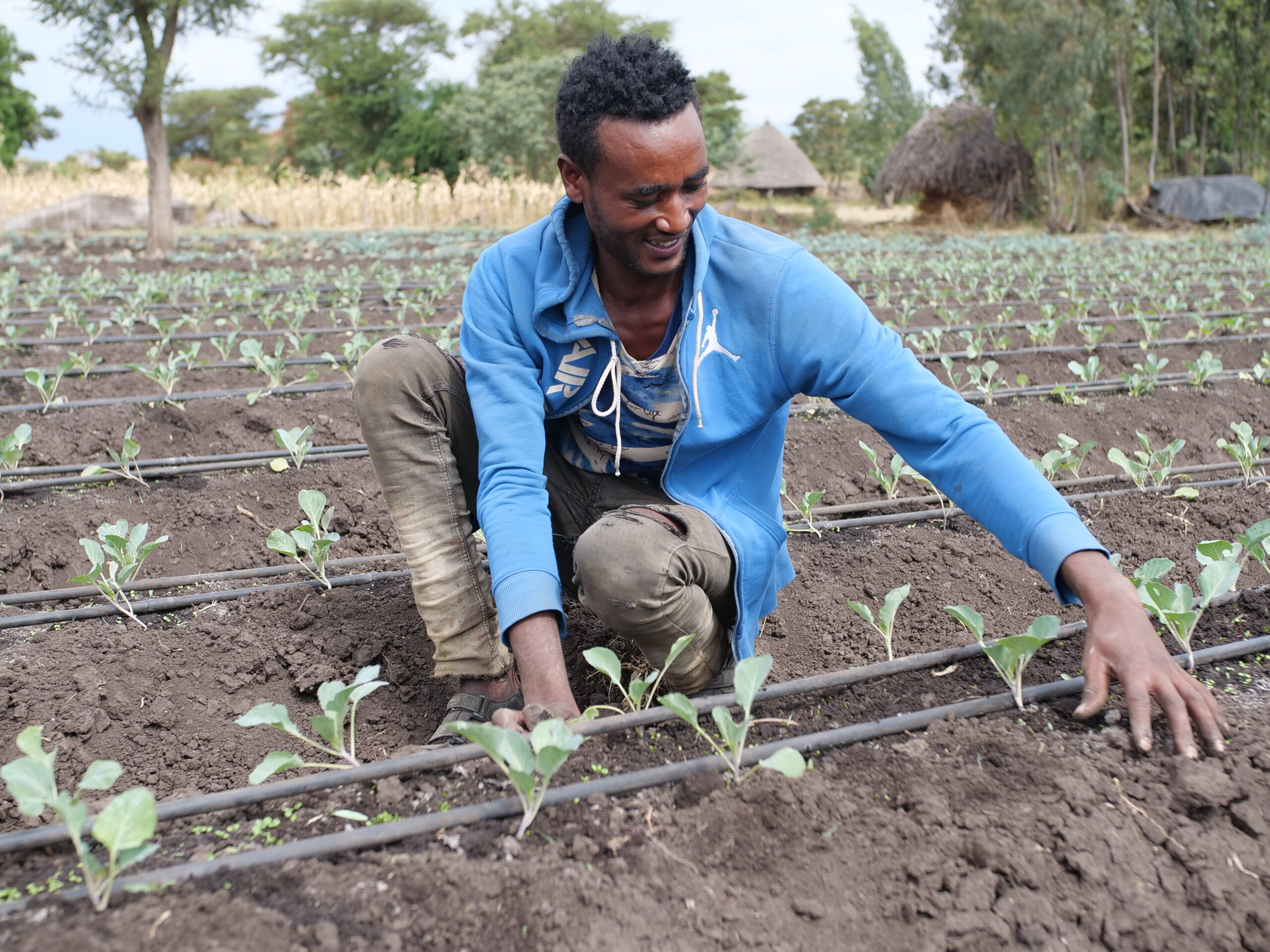
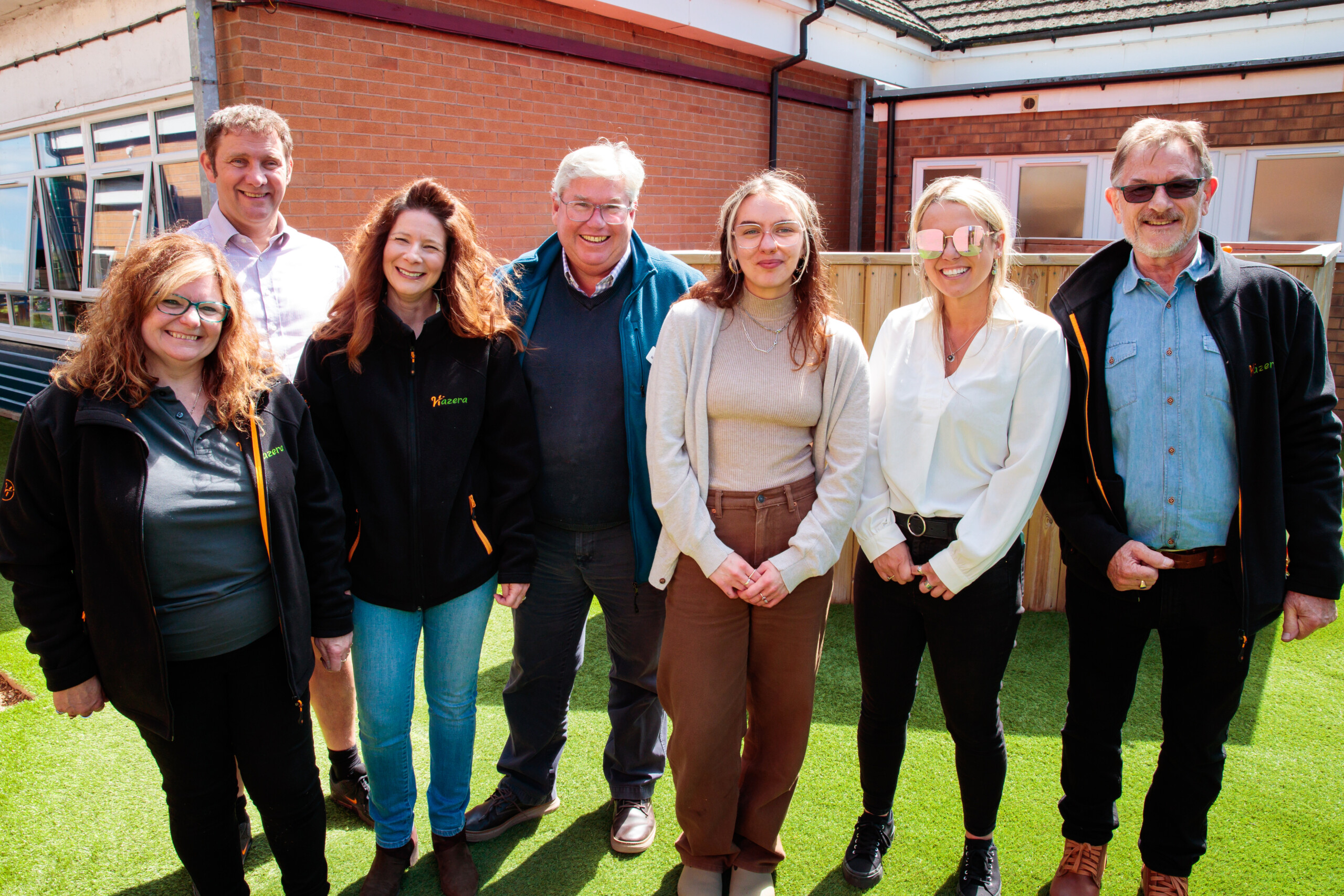
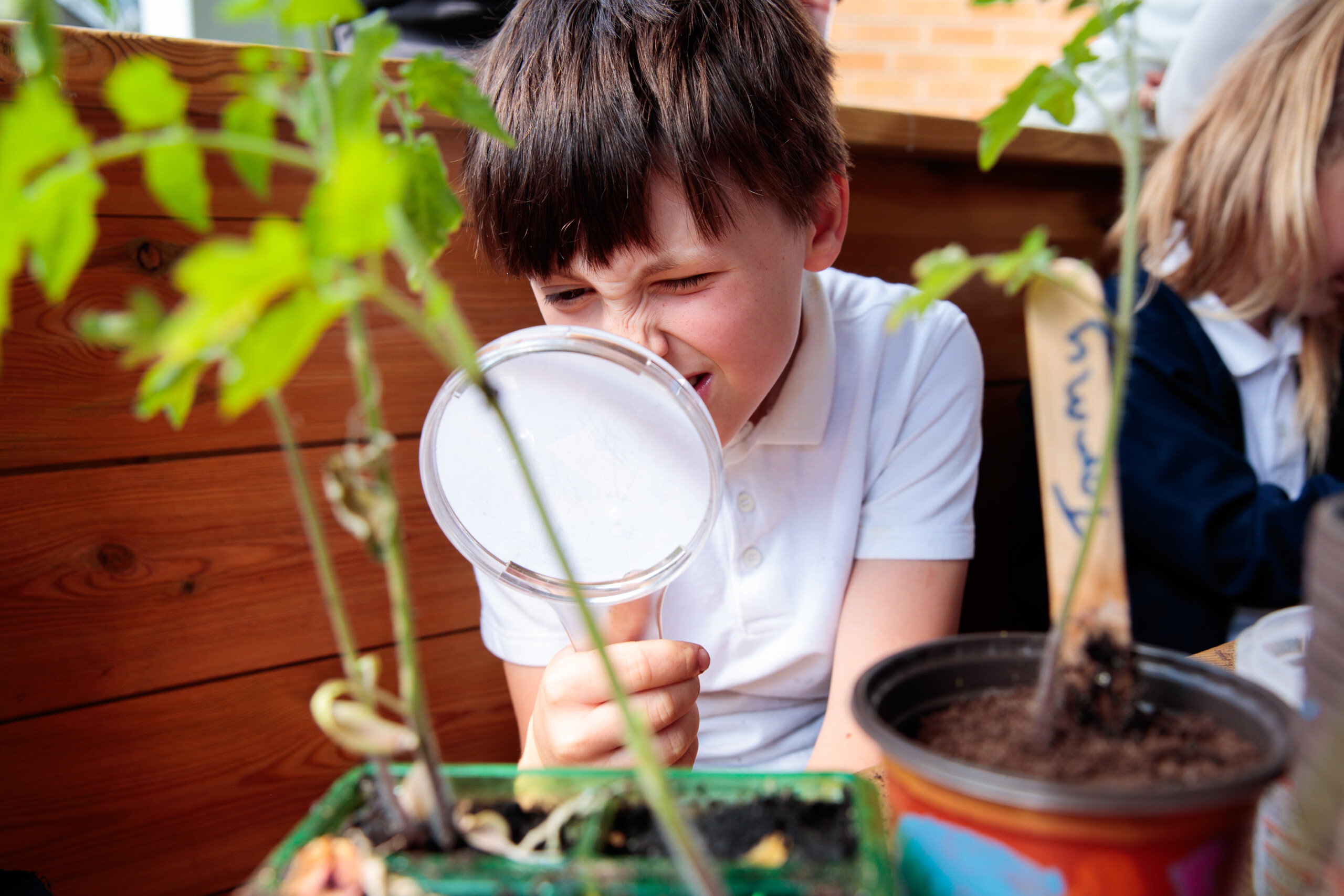
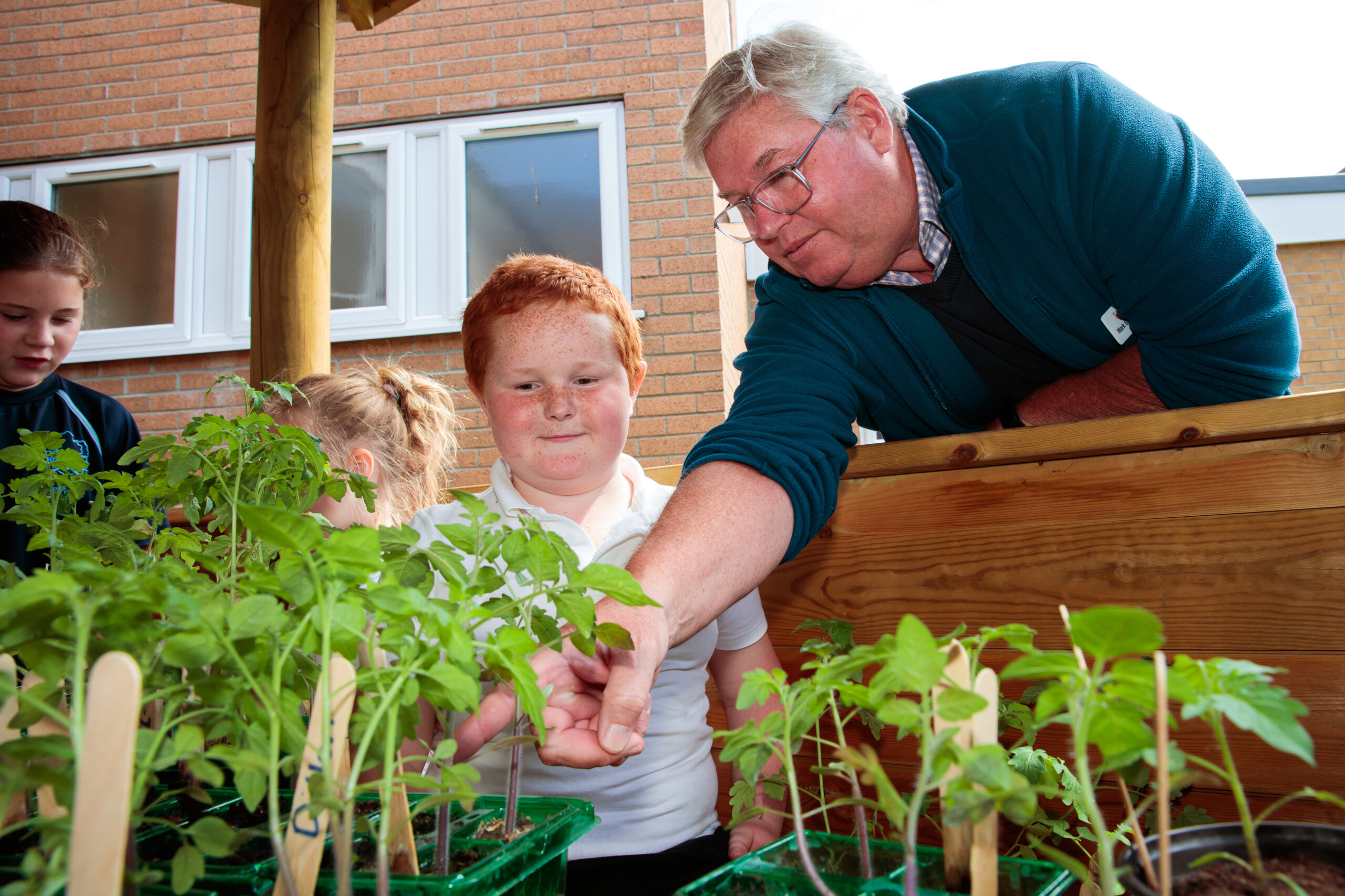

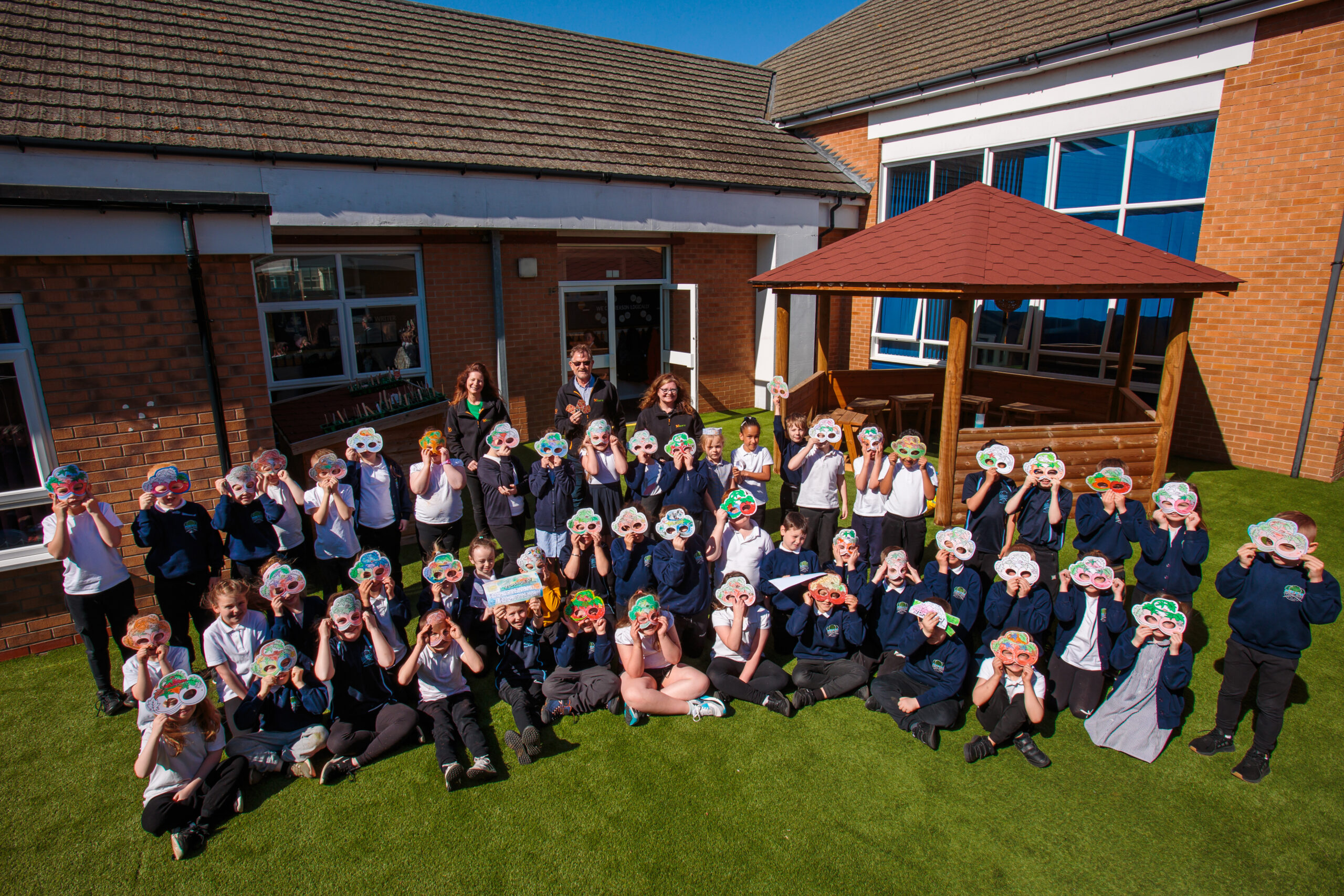
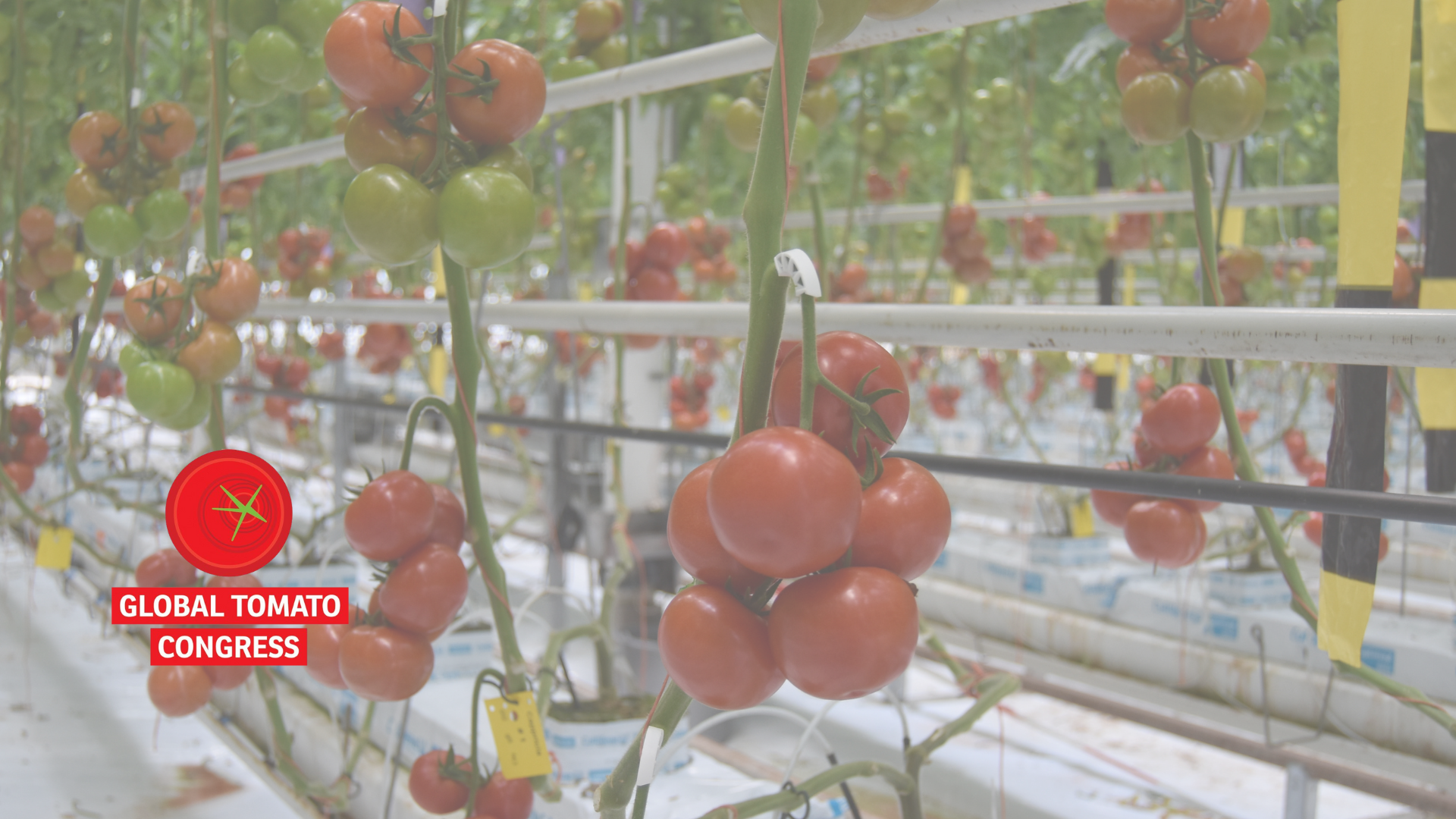
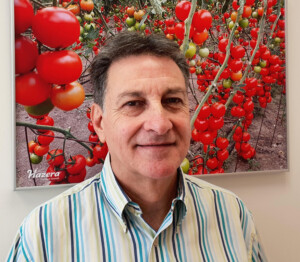

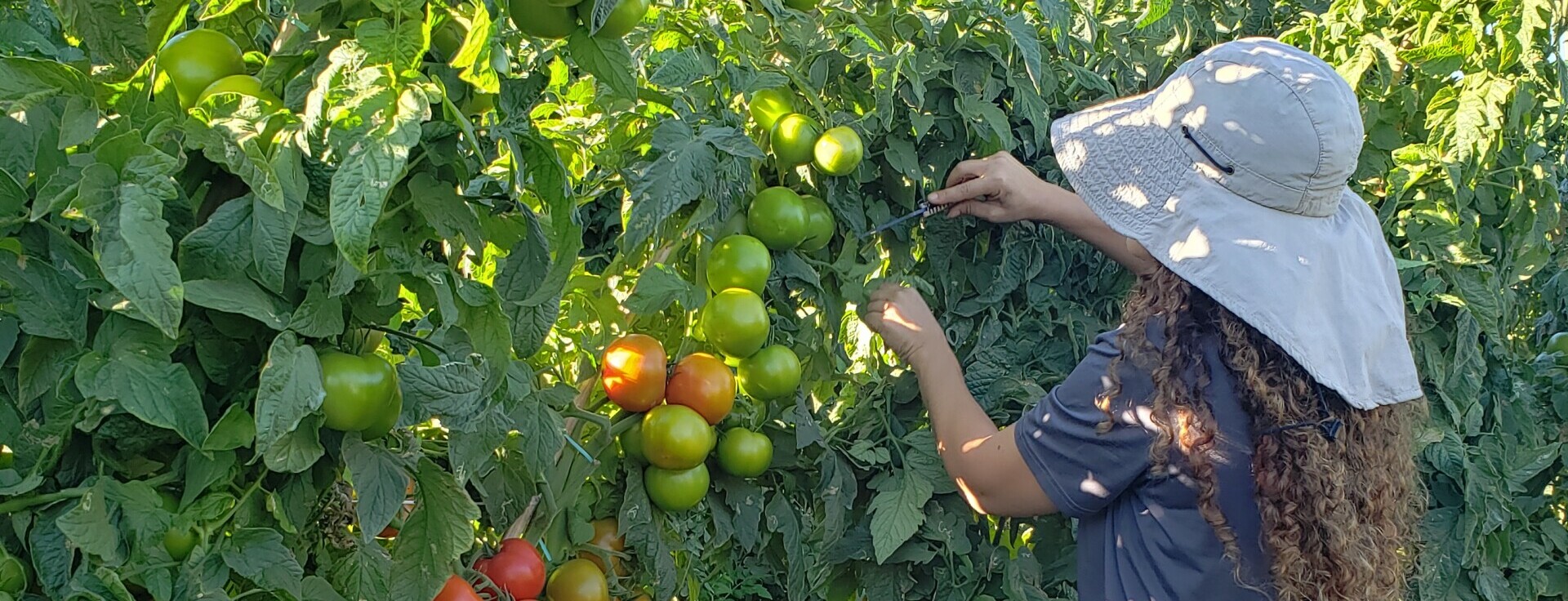
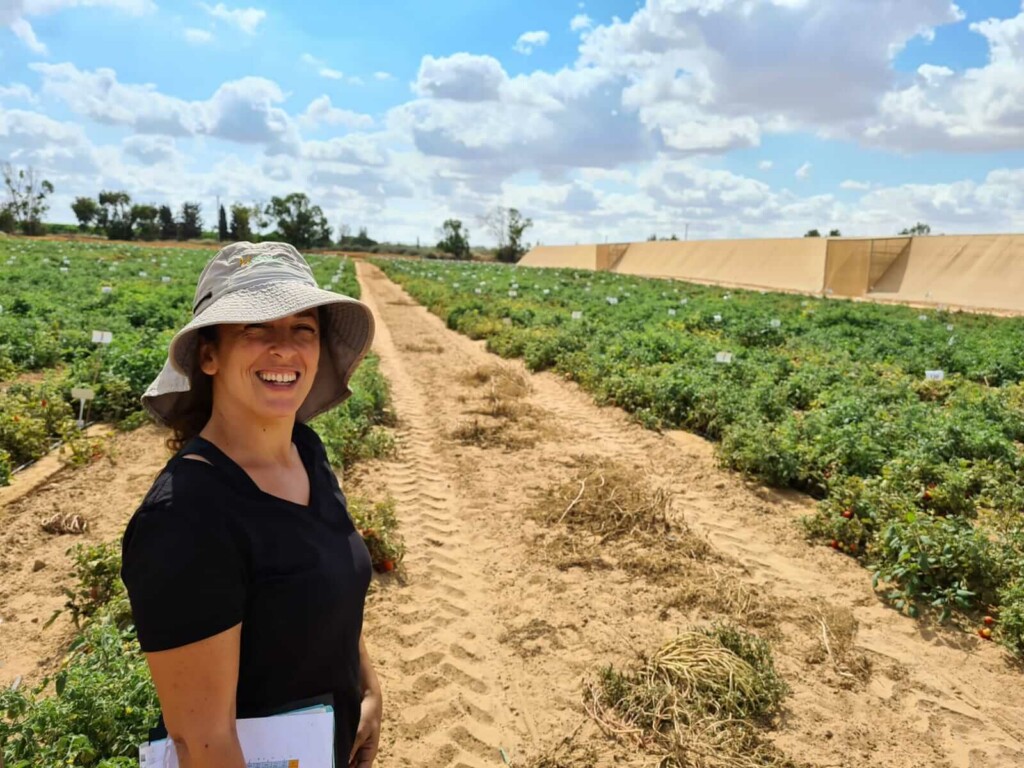
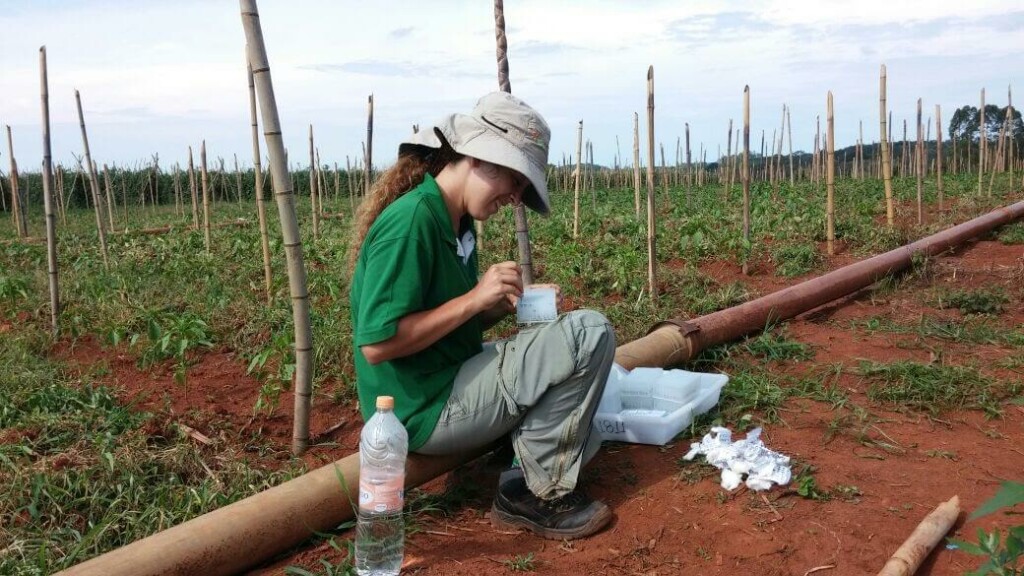

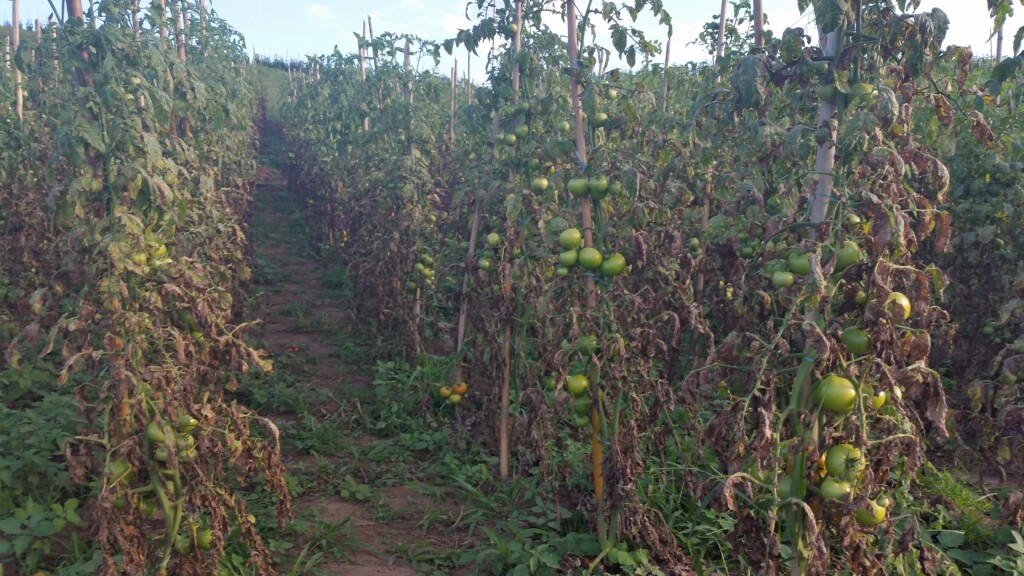
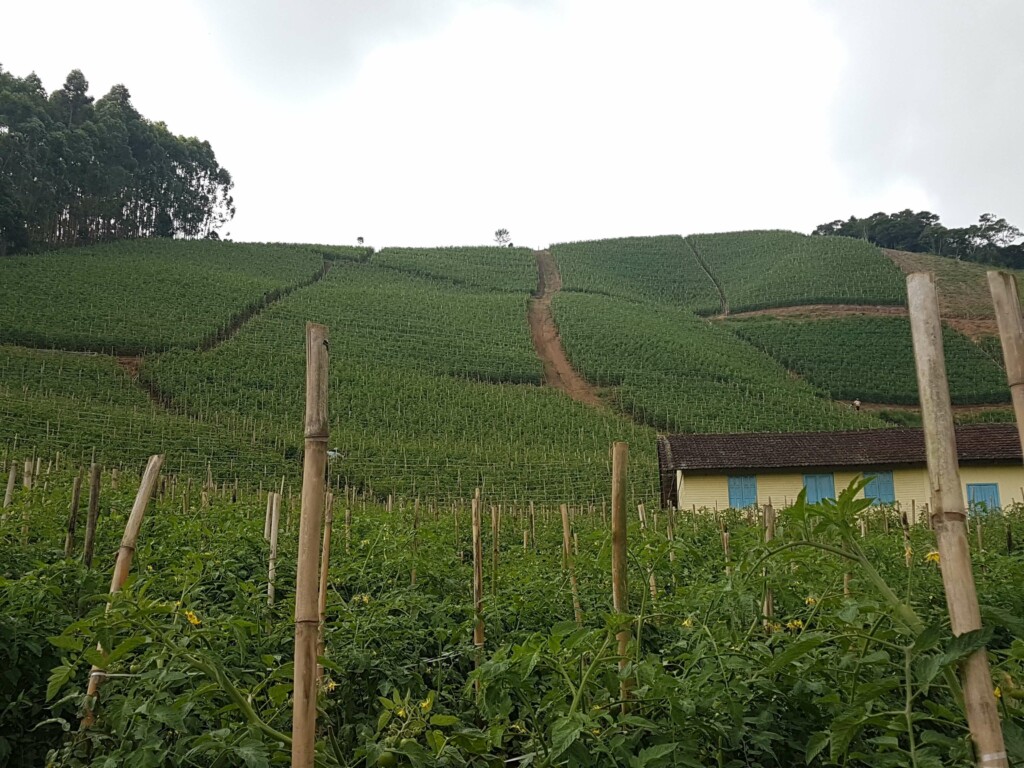
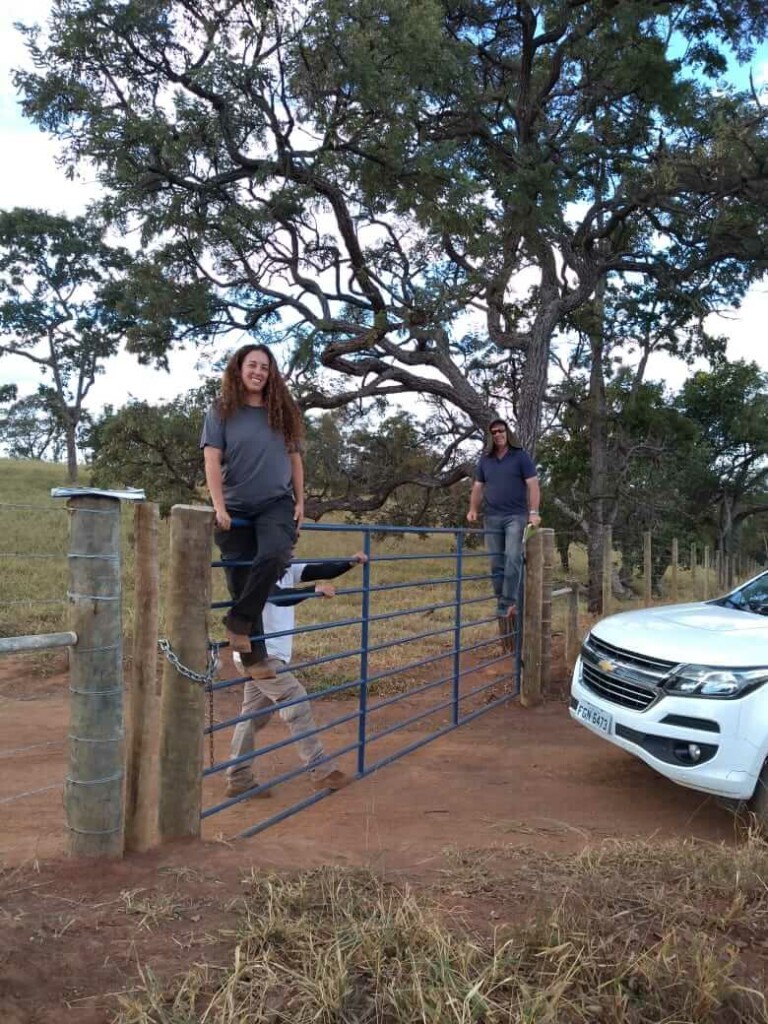
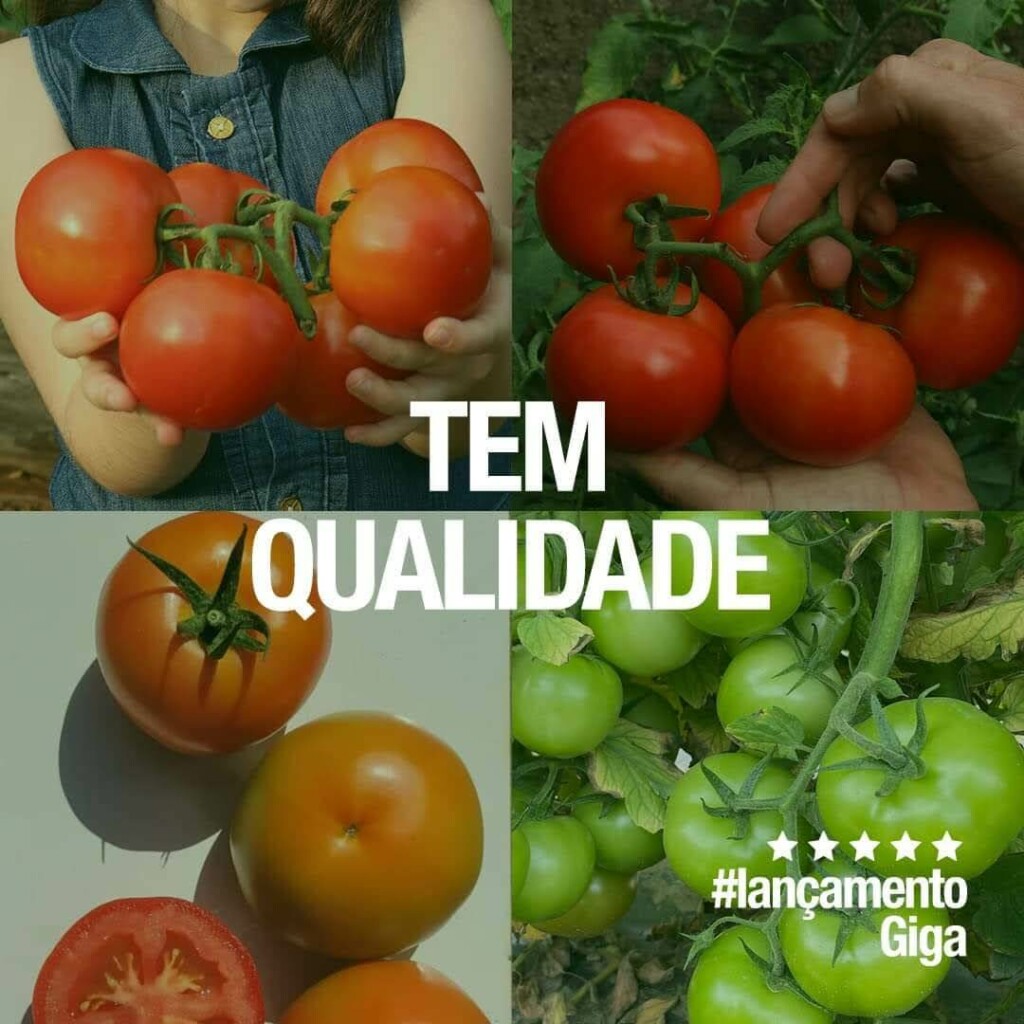
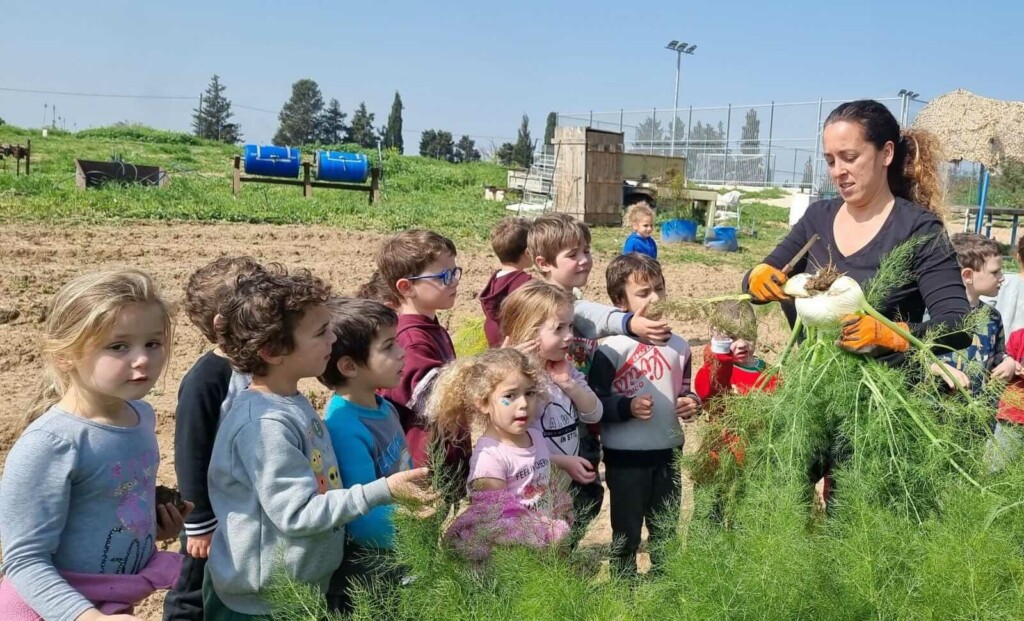
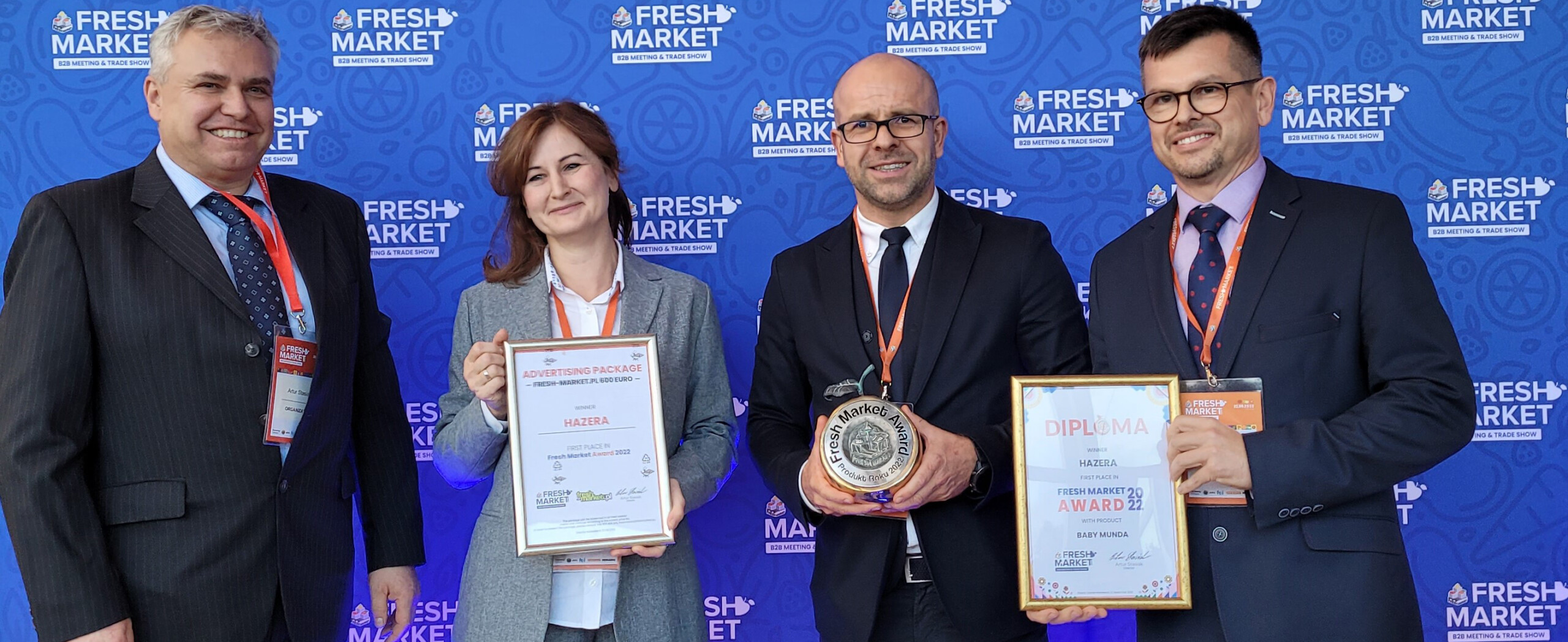
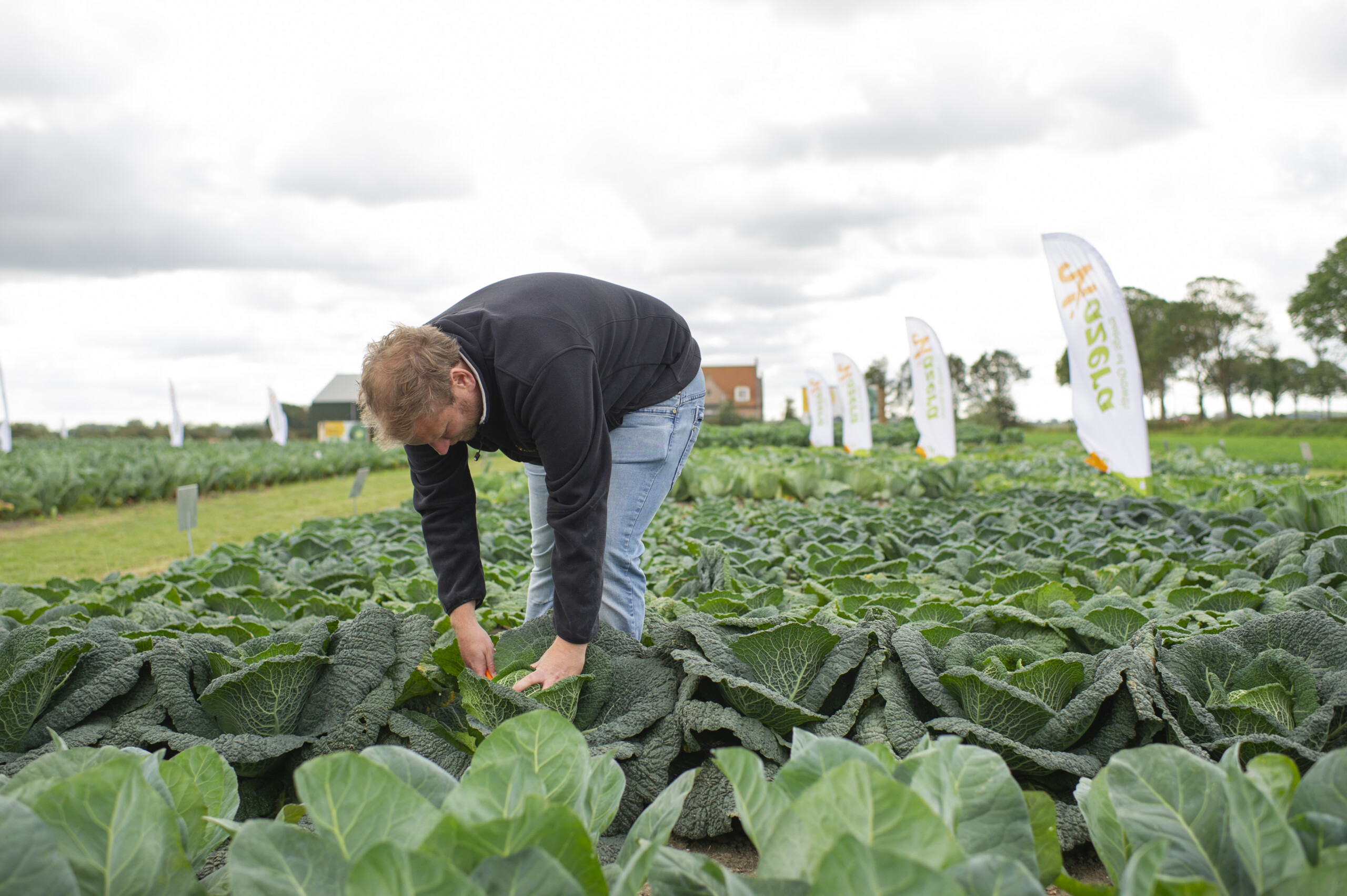
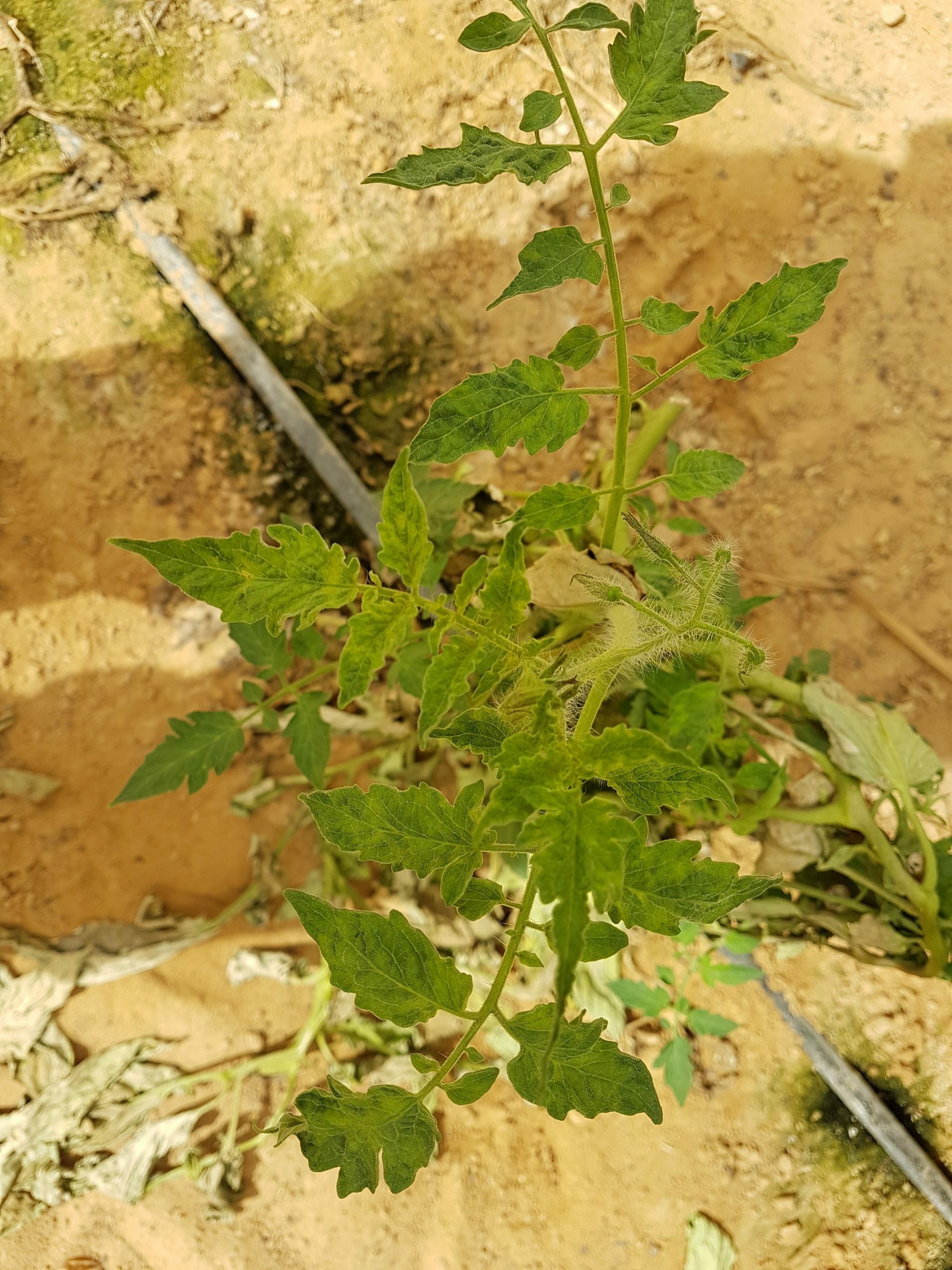
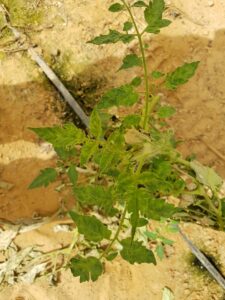
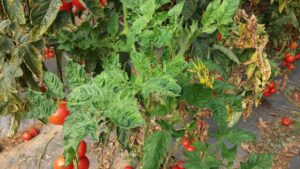
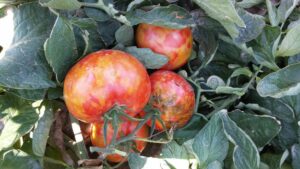
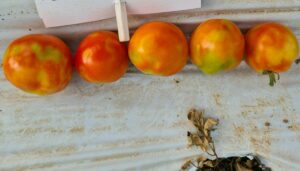
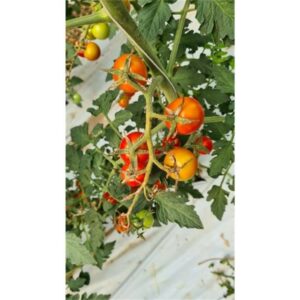
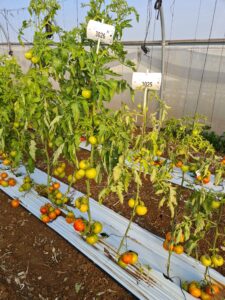
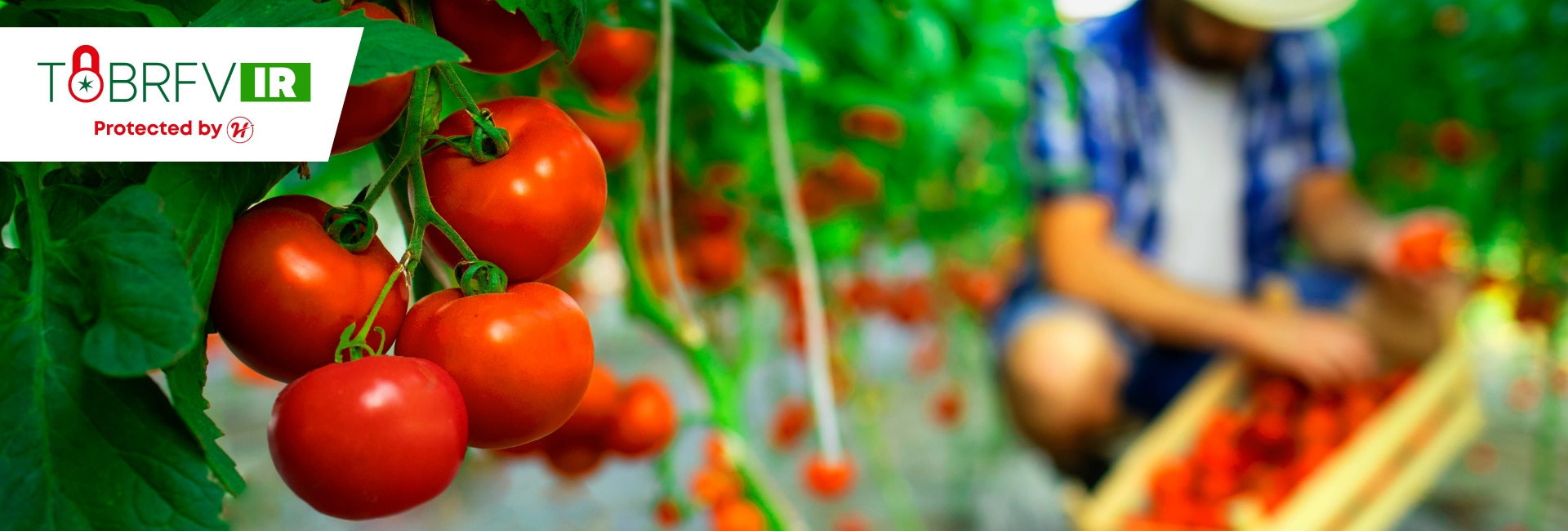
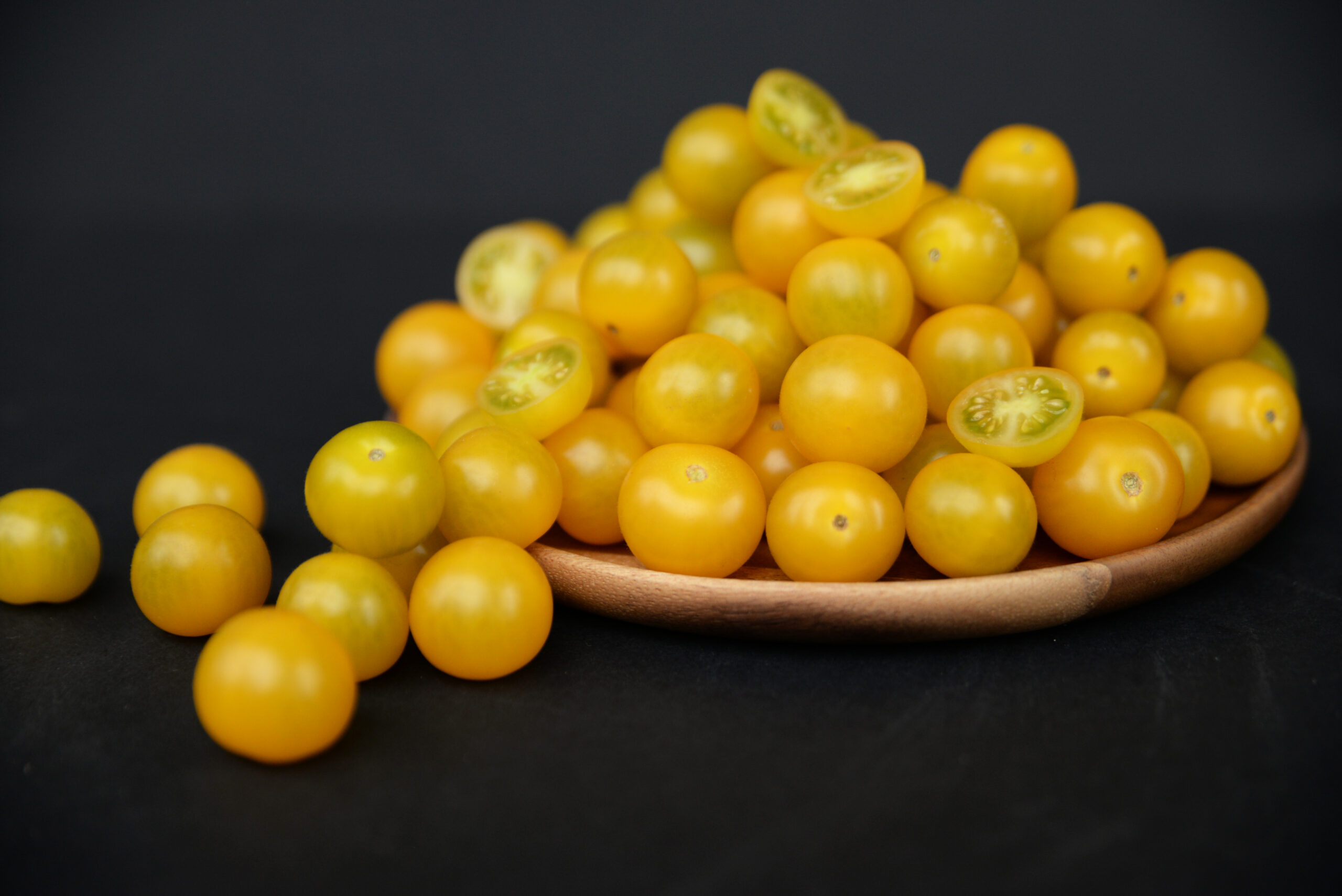
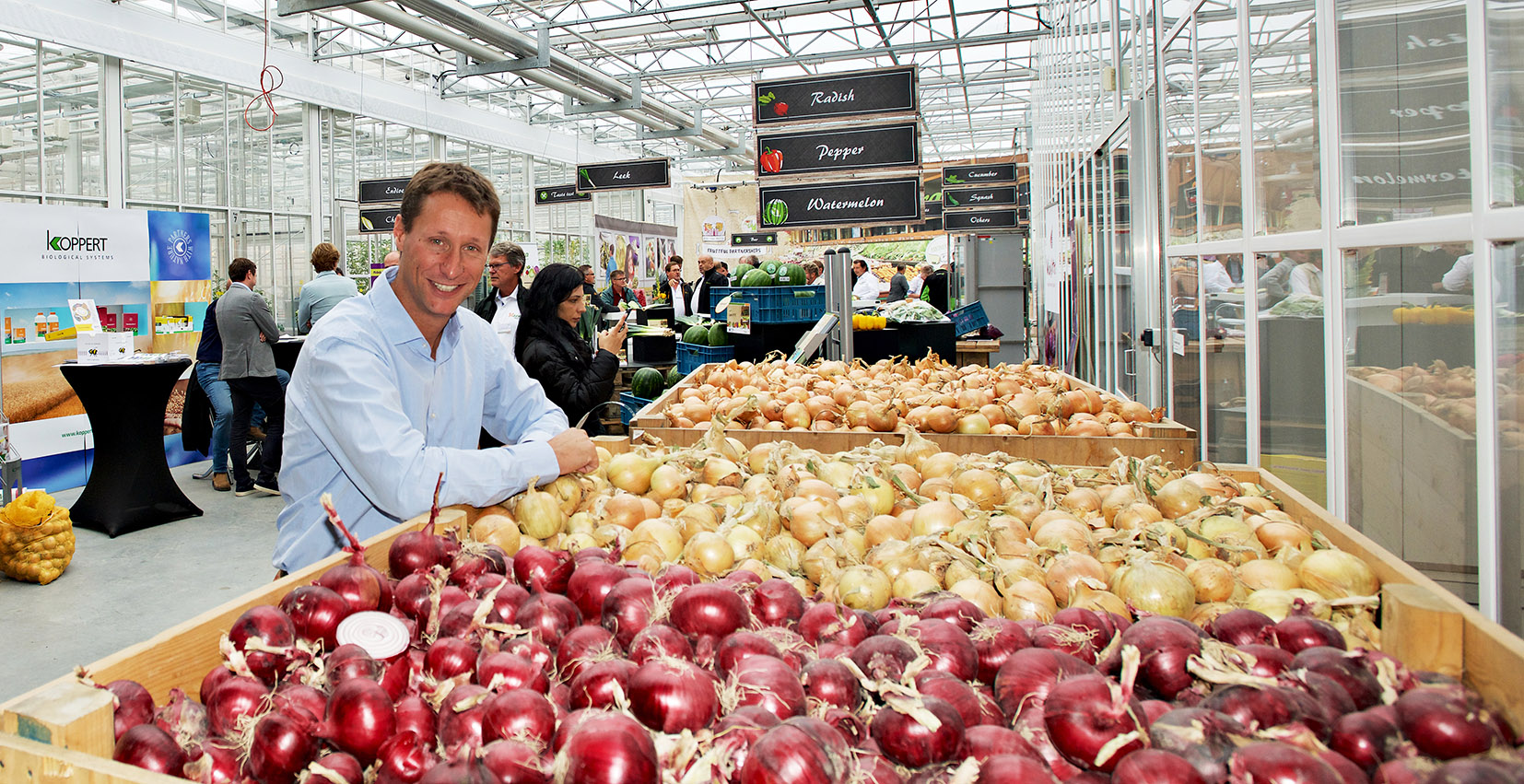
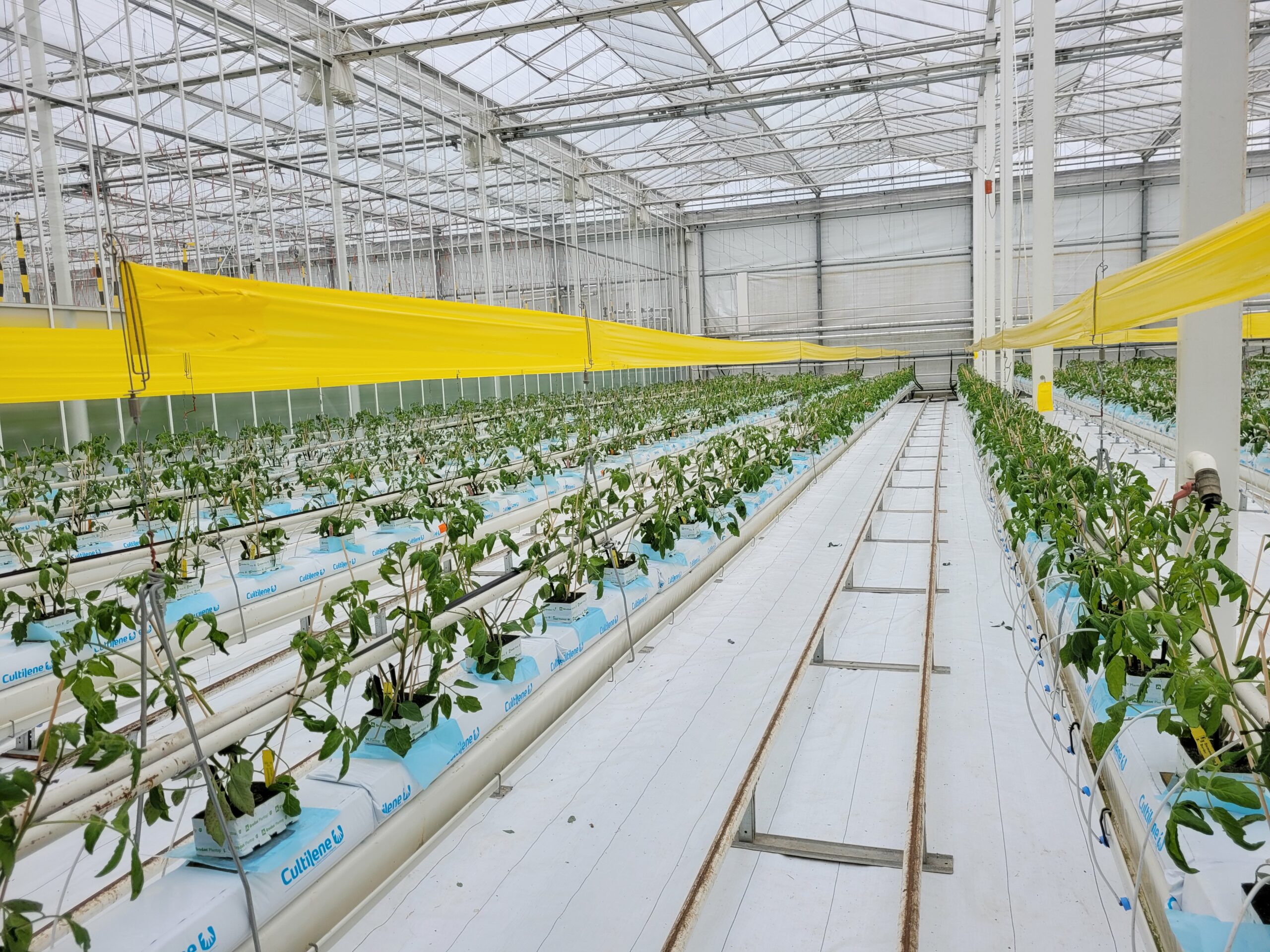
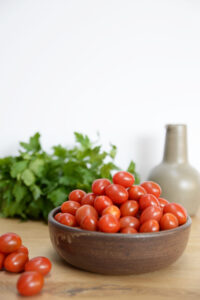 Camelot
Camelot